Imagine – John Lennon
John Lennon was known for being quite controversial. Though the song “Imagine” is about peace, it was banned in 1991 during the Gulf War, as well as in 2001 after the 911 attacks. Many religious groups took issue with the lyric: “imagine there’s no heaven.” Despite the bans, the song continues to be one of the most popular songs of all time.
Imagine – John Lennon
Louie, Louie – The Kingsmen
The Kingsmen’s song “Louie, Louie” was originally banned due to obscene lyrics. In fact, the FBI conducted a 31-month investigation after the band tried to slurring the lewd lyrics. The investigation ended without conclusion and the song was still a huge hit.
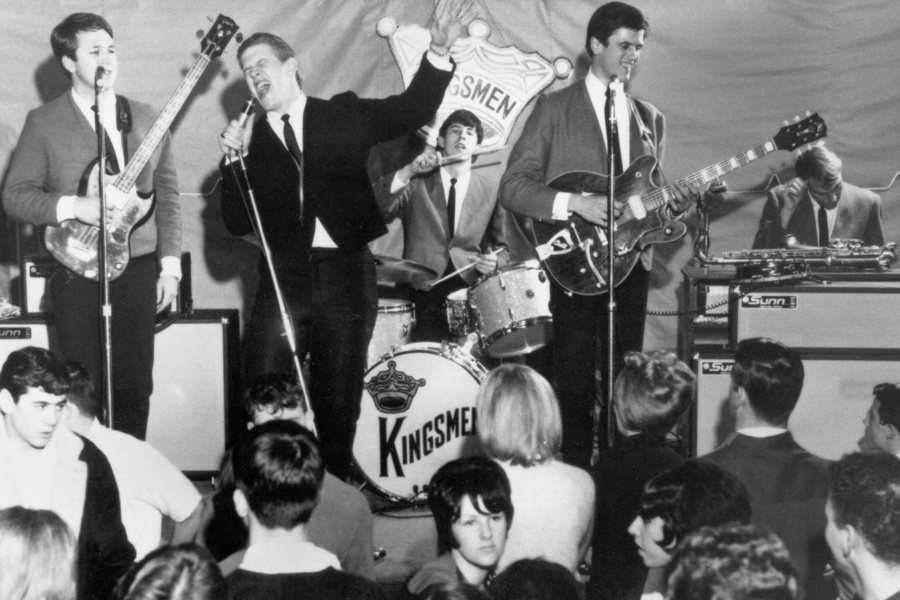
Louie, Louie The Kingsmen
If U Seek Amy – Britney Spears
Britney Spears is quite the clever songstress as we can see with her song “If U Seek Amy.” At first, she was able to get away with the lyrics “If you seek Amy,” even though if you say those words quickly, they sound awfully close to something more suggestive. After this caught on, many radio stations censored or banned the song.

If U Seek Amy – Britney Spears
Like A Prayer – Madonna
Madonna is known for enjoying pushing limits and upsetting people through her music. When she released “Like A Prayer,” the music video was criticized by The Vatican. The Pope asked people to boycott her concerts after the song was released, and she was banned completely in Egypt and is heavily restricted in Russia.
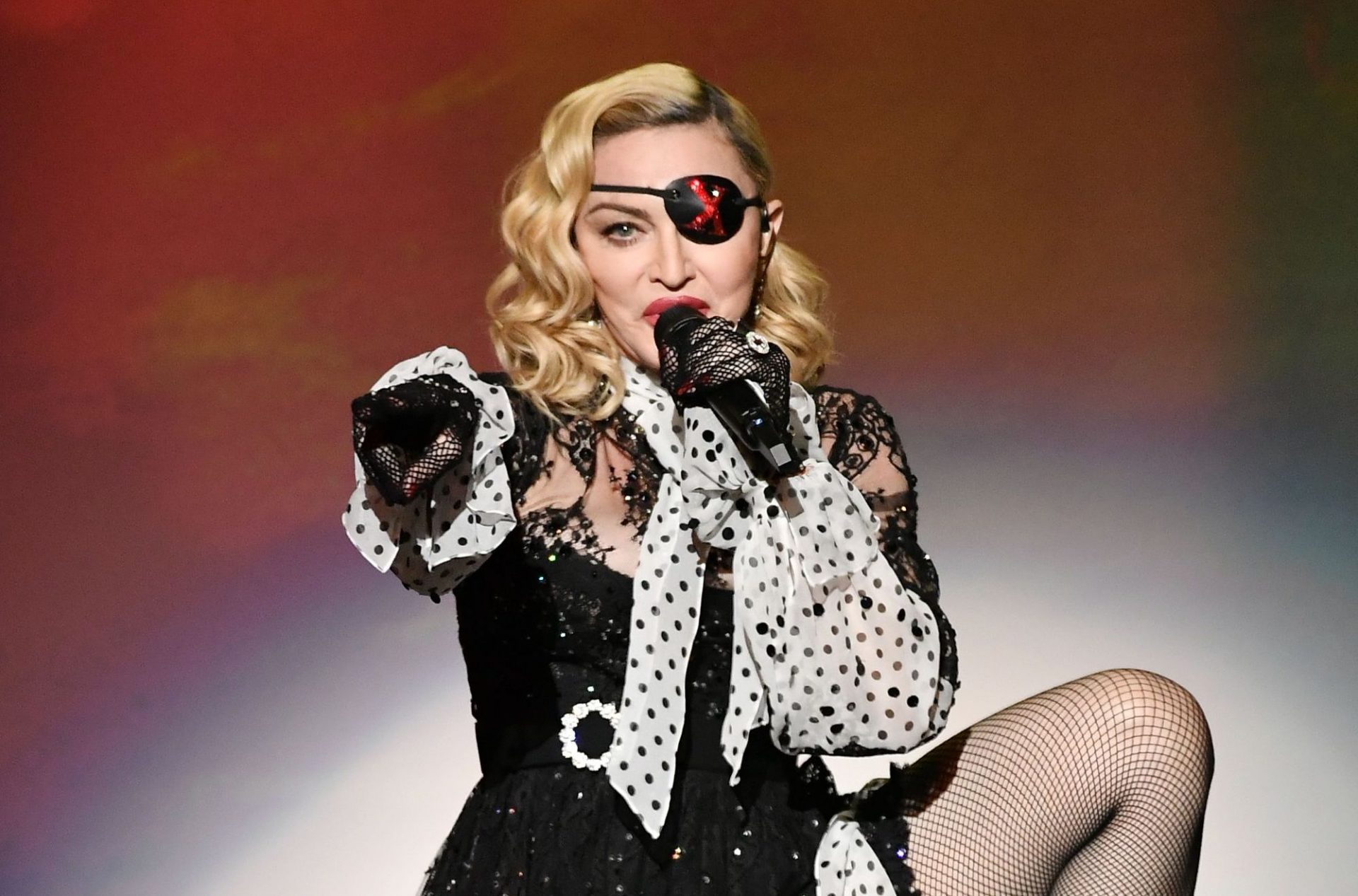
Like A Prayer – Madonna
Rolling In The Deep – Adele
Many people may be surprised to hear that this smash hit by Adele was deemed problematic by some. A lyric in “Rolling In The Deep” included the word “ship,” which is not a bad word, but some said it was too close to a swear word. This is why often when Adele performs the song on live TV, she replaces the word “ship” with the word “stuff.”

Rolling In The Deep – Adele
(I Can’t Get No) Satisfaction – The Rolling Stones
The Rolling Stones were censored back in 1965 due to the suggestive lyrics in the song “(I Can’t Get No) Satisfaction,” while performing the song on variety show Shindig. Funnily enough, years later, while performing at the Super Bowl in 2006, it was actually the only song that was not censored at that performance.
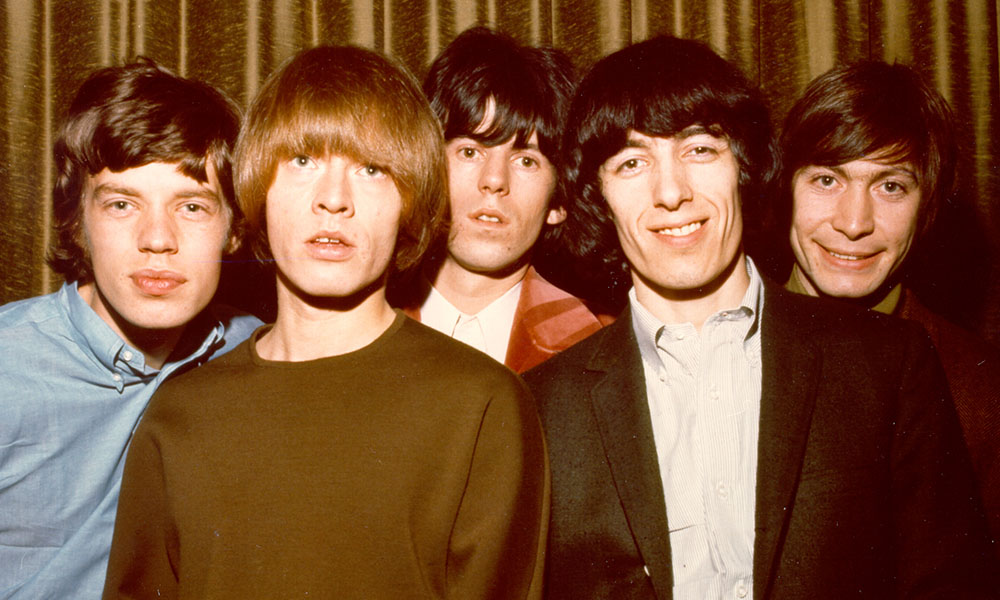
(I Can’t Get No) Satisfaction – The Rolling Stones
Take The Power Back – Rage Against The Machine
“Take The Power Back” by Rage Against The Machine was banned in Arizona schools 20 years after its release. The reasoning was that it was against Arizona state law, which says schools can’t “advocate ethnic solidarity instead of the treatment of pupils as individuals.” The song was used by some high school teachers in a Mexican-American history class.
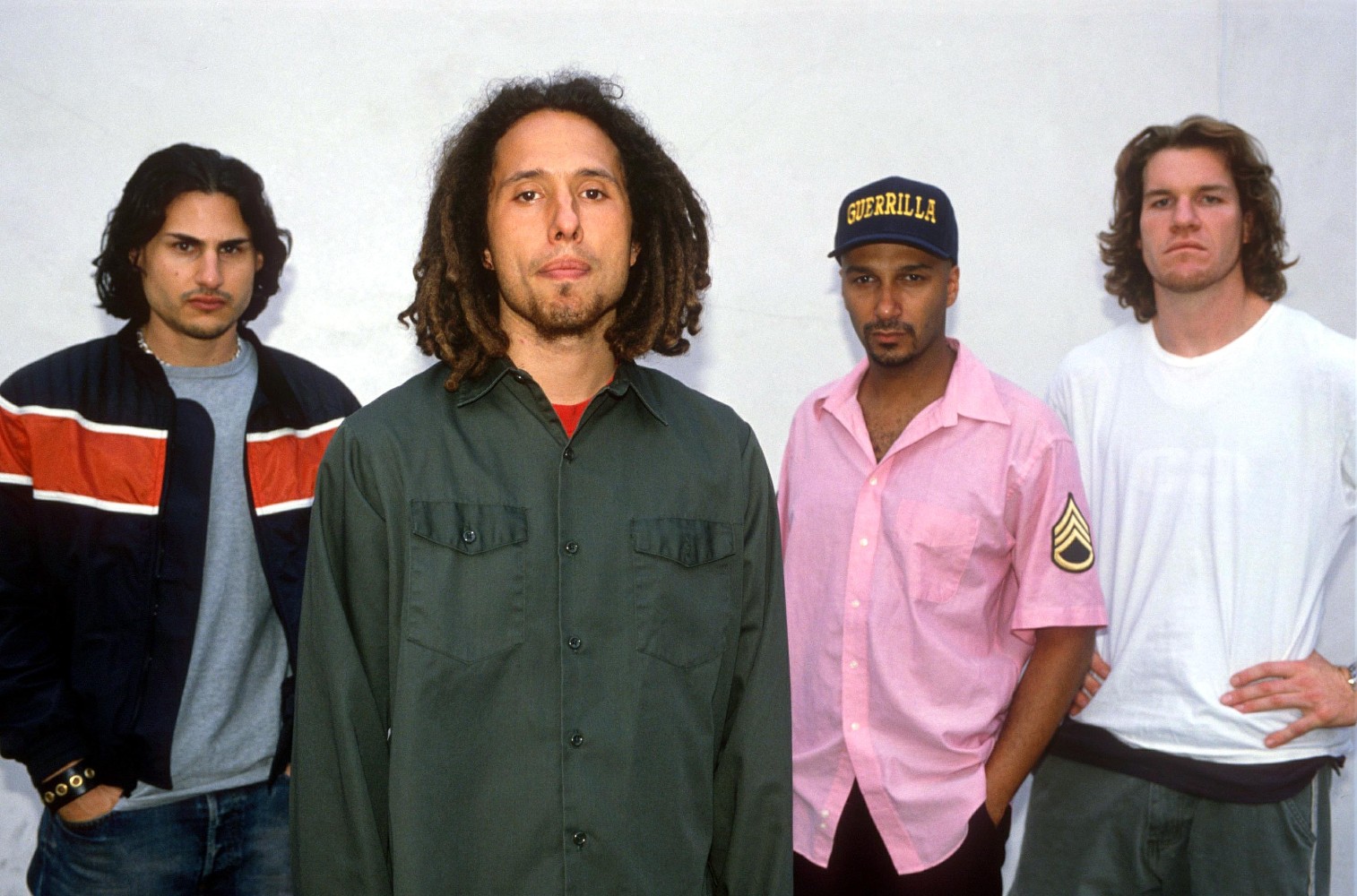
Take The Power Back – Rage Against The Machine
The Real Slim Shady – Eminem
Eminem is no stranger to controversy, especially when it comes to his music. In 2001, the song “The Real Slim Shady” caused a stir due to its suggestive lyrics, leading many radio stations to censor ban the song, and it certainly was not the last song of his to go through this.
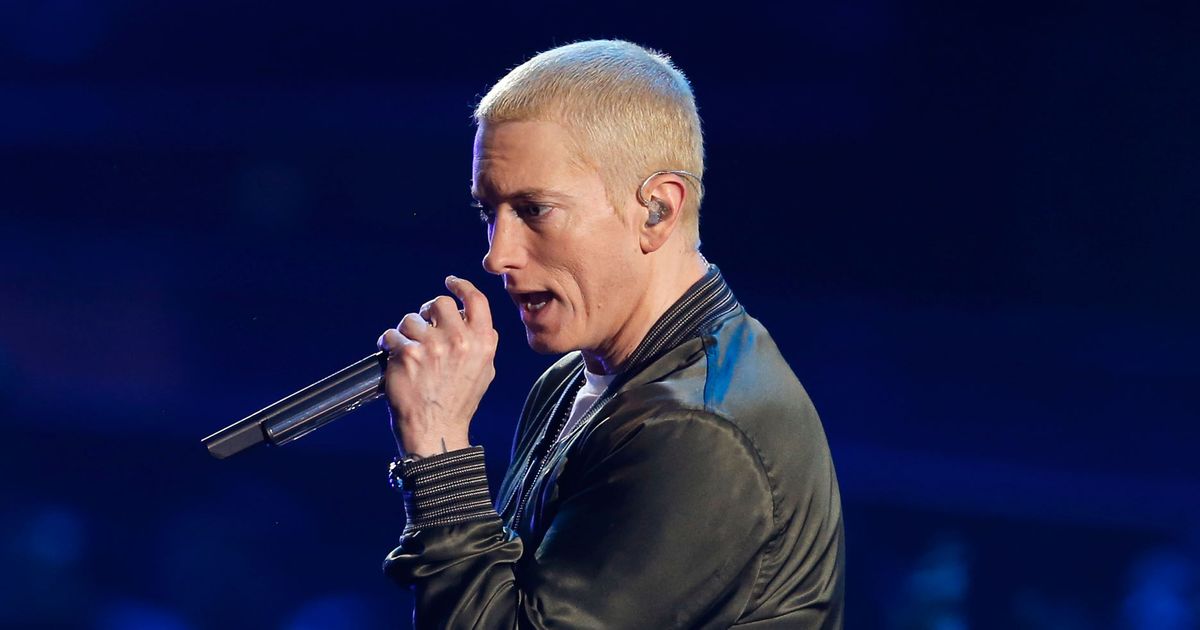
The Real Slim Shady – Eminem
Cop Killer – Body Count
Ice-T’s rap group Body Count was scrutinized for the song “Cop Killer,” which describes a victim of police brutality who chooses to take revenge. The song was heavily criticized, including by then-President George W. Bush as well as law enforcement agencies.
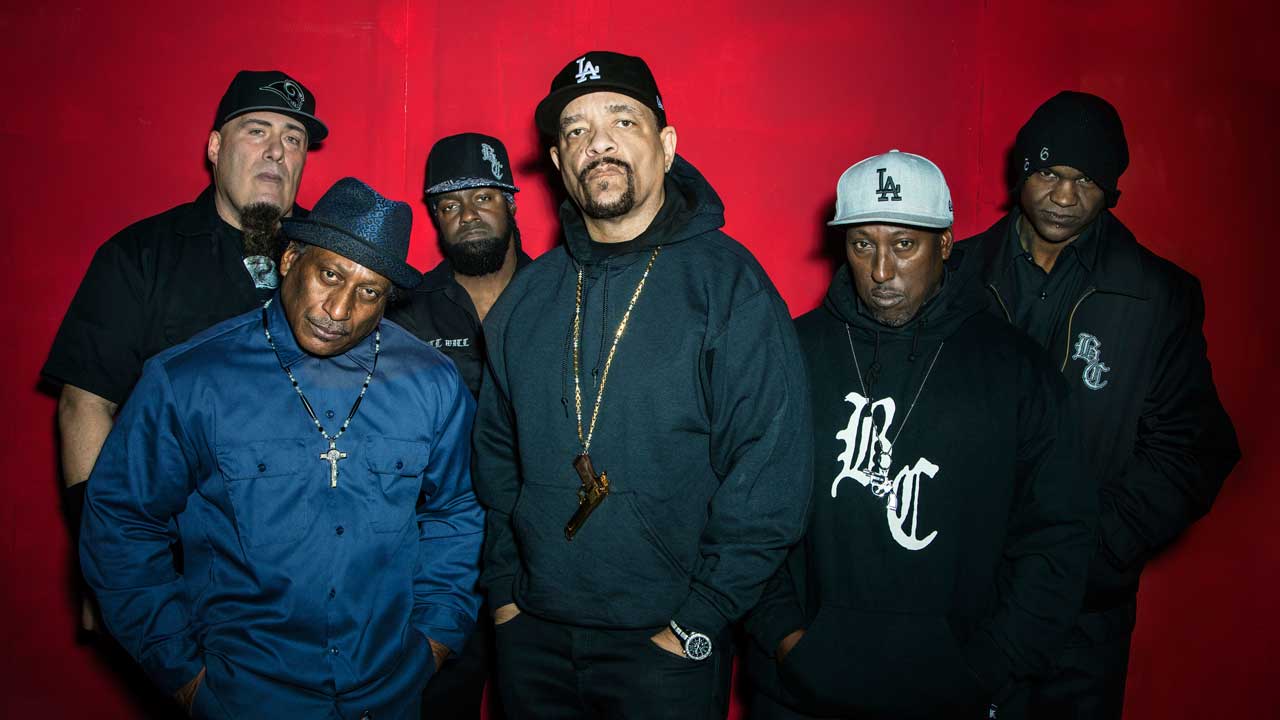
Cop Killer – Body Count
Light My Fire – The Doors
The Doors were meant to perform on The Ed Sullivan Show but were blacklisted after refusing to censor the line “girl, we couldn’t get much higher.” The reference to illicit substances was too much for network television at the time.
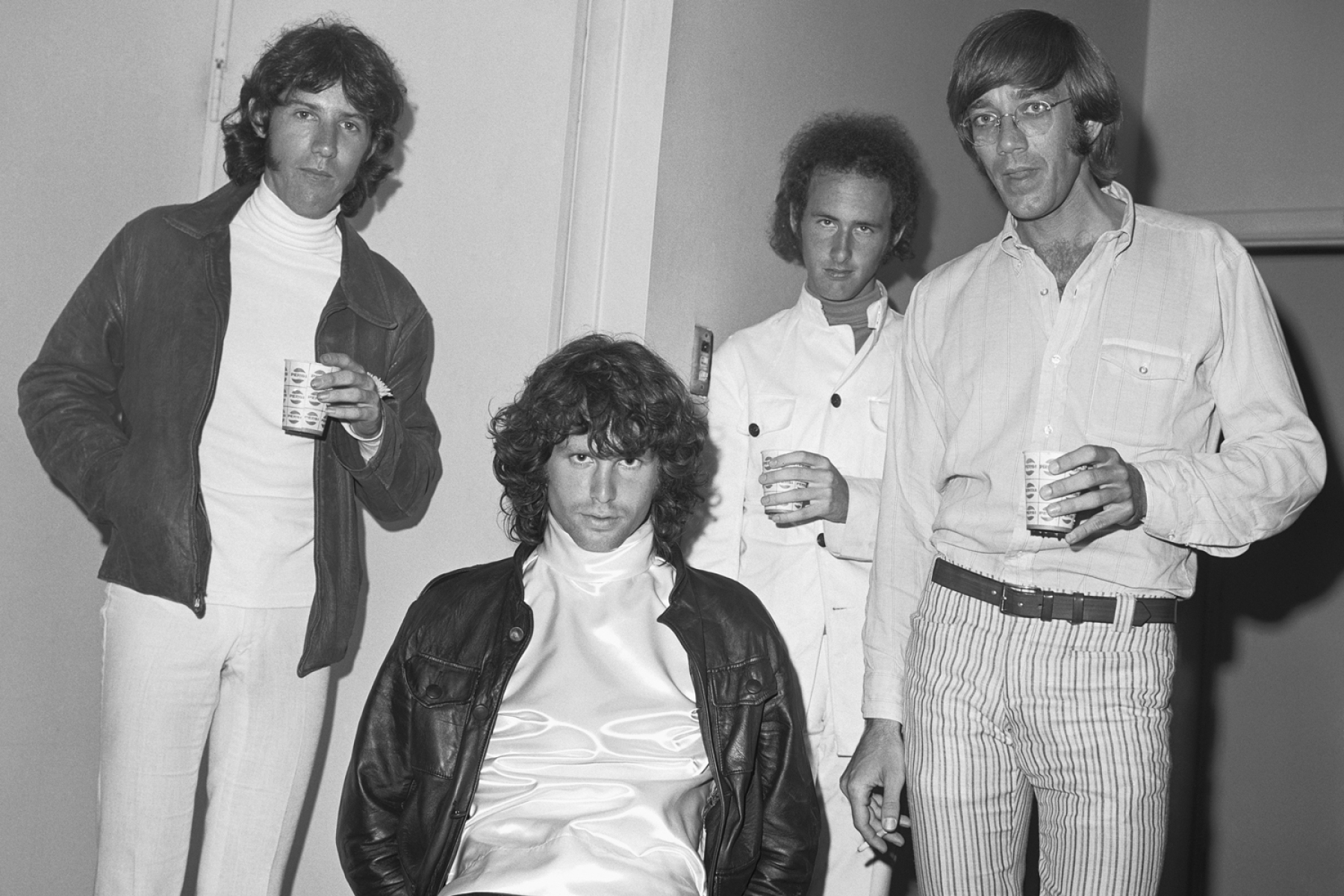
Light My Fire – The Doors
Juicy – The Notorious B.I.G
The Notorious B.I.G, or Biggie Smalls, had many controversial songs in his day. His song “Juicy” caused quite a stir after the September 11th attacks, due to the lyrics “time to get paid, blow up like the World Trade,” even though these lyrics referenced the 1993 attack on the World Trade Center.
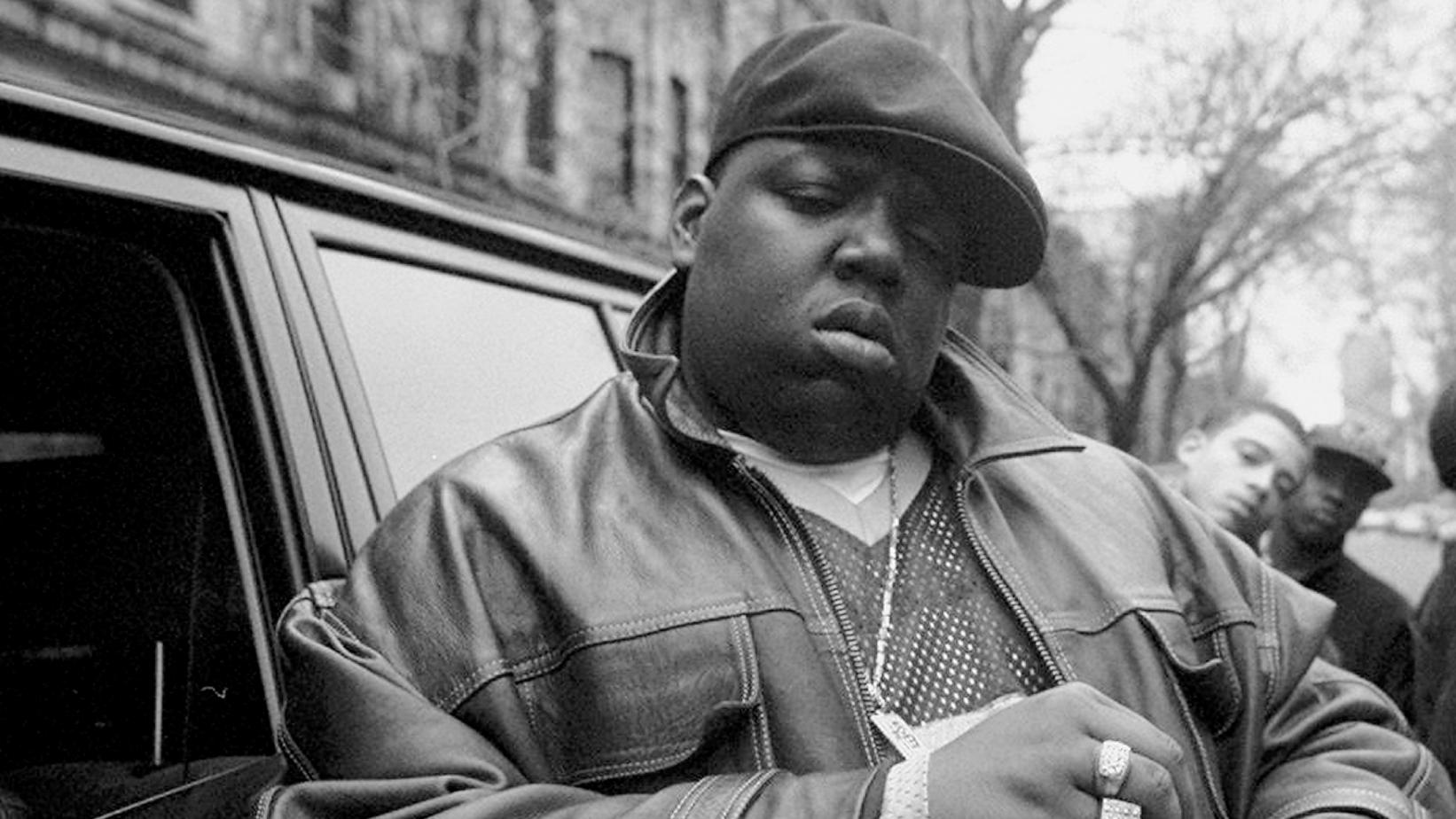
Juicy – The Notorious B.I.G
Strange Fruit – Billie Holiday
Billie Holiday’s song “Strange Fruit” is very emotional, poignant, and powerful. It described her horror towards a lynching but the heavy subject matter lead the song to be banned in 1939. Despite its morbid subject matter, others felt that it was an important song to be heard at the time.
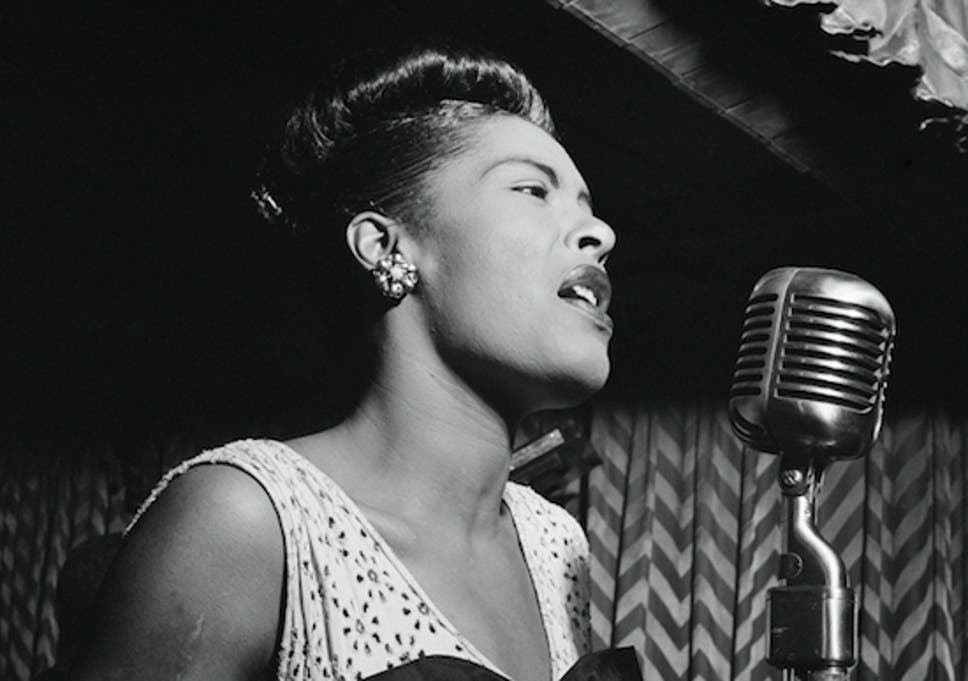
Strange Fruit – Billie Holiday
Physical – Olivia Newton-John
Olivia Newton-John released the song “Physical” and it immediately became a huge success. However, some of its lyrics were too controversial to be played on U.S. and U.K. radio stations. Lyrics like “there’s nothing left to talk about unless it’s horizontally” were edited out before being played on the air.
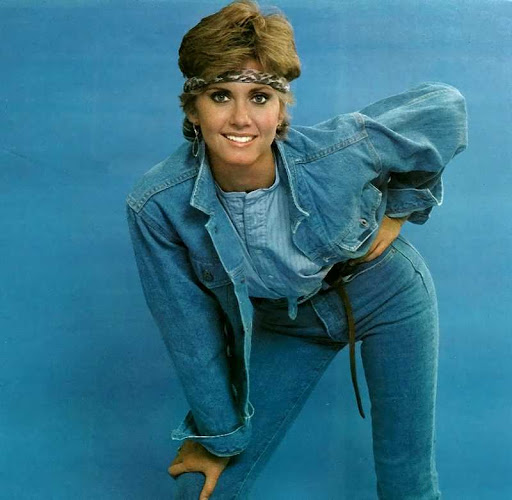
Physical – Olivia Newton John
Greased Lightning – John Travolta
Fans of the musical Grease certainly love this song, but most people probably don’t know that it was originally banned. Due to a swear word in the lyrics, “Greased Lightening” was banned from being played on the radio at the time.
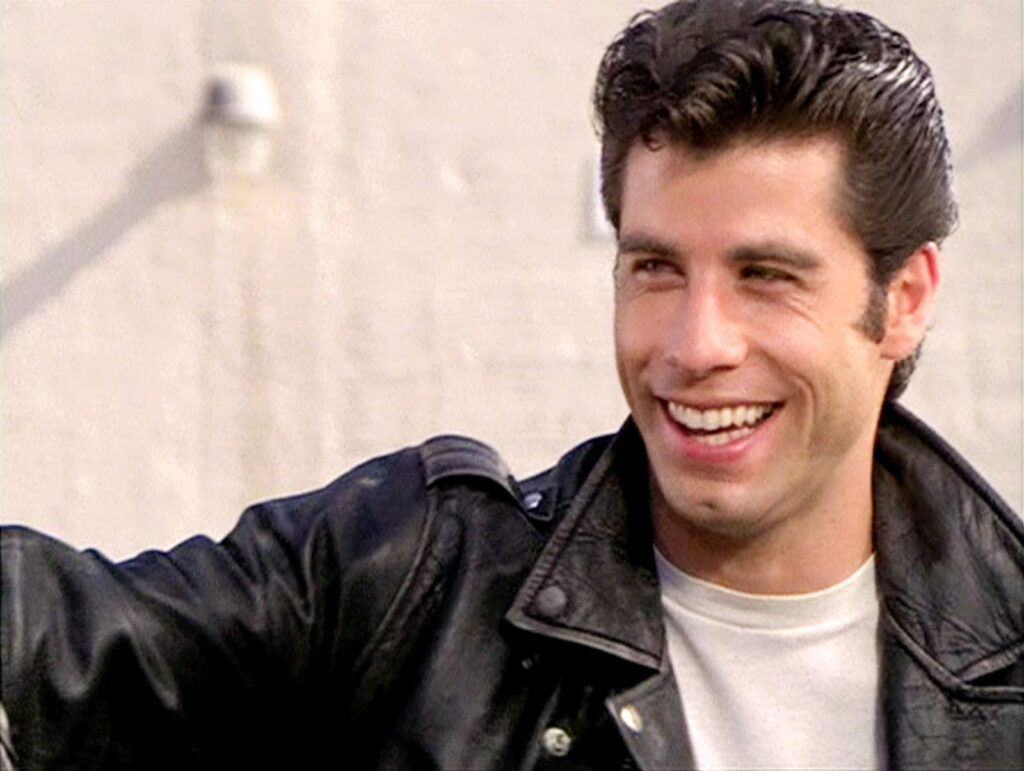
Greased Lightening – John Travolta
In The Air Tonight – Phil Collins
“In The Air Tonight” by Phil Collins was actually banned on two separate occasions. First, it was banned in 1991 due to the Gulf War. It was later banned once again in 2001 when Clear Channel Communications blacklisted 162 songs post the 9/11 attacks.
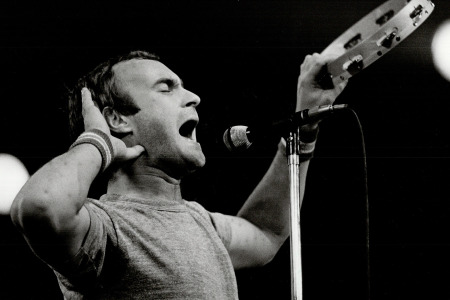
Phil Collins
Baby, It’s Cold Outside – Frank Loesser
It’s surprising to hear that this classic holiday song, which won a 1949 Academy Award for Best Original Song, could be considered controversial enough to be banned. However, in 2018 the song was removed from a Cleveland radio station as well as many Canadian radio stations for its lyrics that suggest lack of consent.
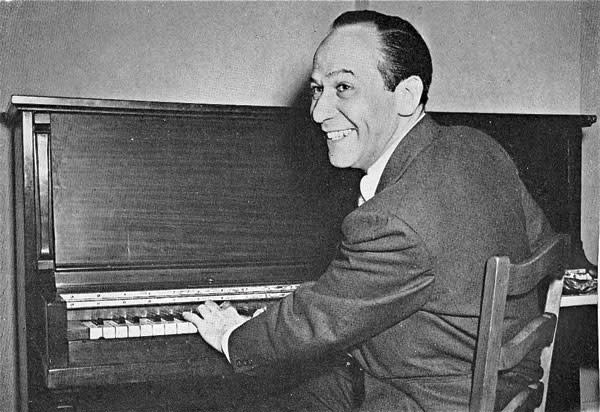
Baby, It’s Cold Outside – Frank Loesser
Love Game – Lady Gaga
Lady Gaga is no stranger to controversy, whether it’s due to her outlandish outfits or her music. Her song “Love Game” was censored due to its suggestive lyrics. Additionally, her song “Judas” was banned altogether in Lebanon as many felt it was blasphemous towards Christianity.
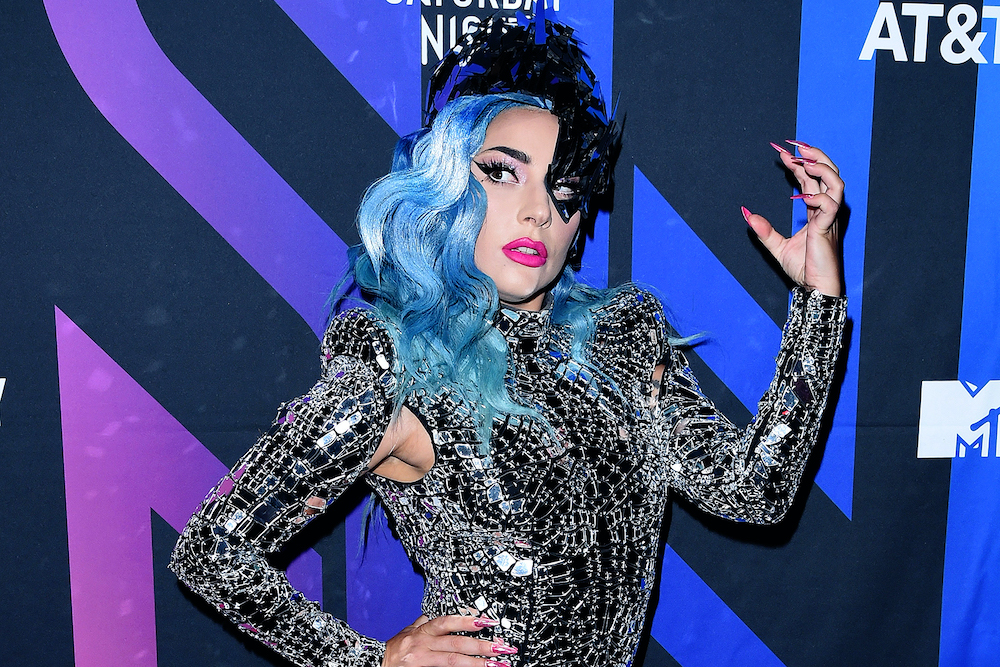
Love Game – Lady Gaga
Ding-Dong The Witch Is Dead – Wizard Of Oz
After former prime minister of the United Kingdom Margaret Thatcher passed away, the song “Ding-Dong The Witch Is Dead” was temporarily banned by the BBC. Thatcher was quite a polarizing figure, and shortly after her death, the song climbed to the #2 spot on the charts before the ban.
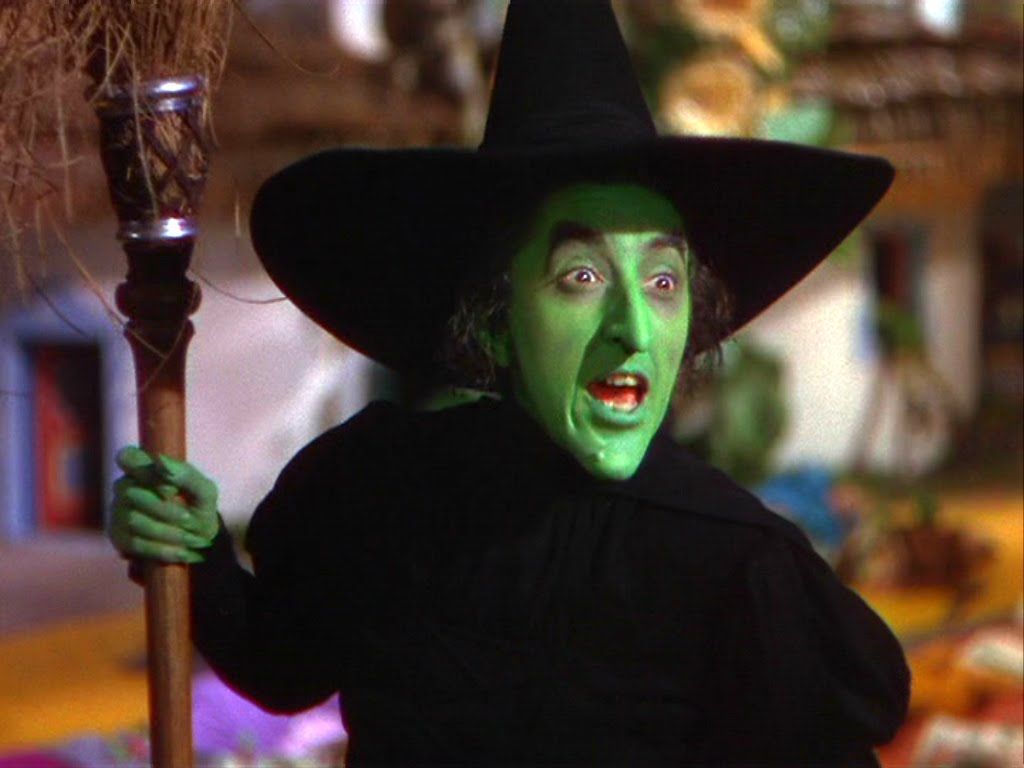
Ding Dong The Witch Is Dead – Wizard Of Oz
Brown Eyed Girl – Van Morrison
Van Morrison’s classic song “Brown Eyed Girl” was actually originally banned when it was released in 1967. This was due to the suggestive lyrics: “making love in the green grass.” A radio-friendly version was then released and the song ultimately became a massive hit.
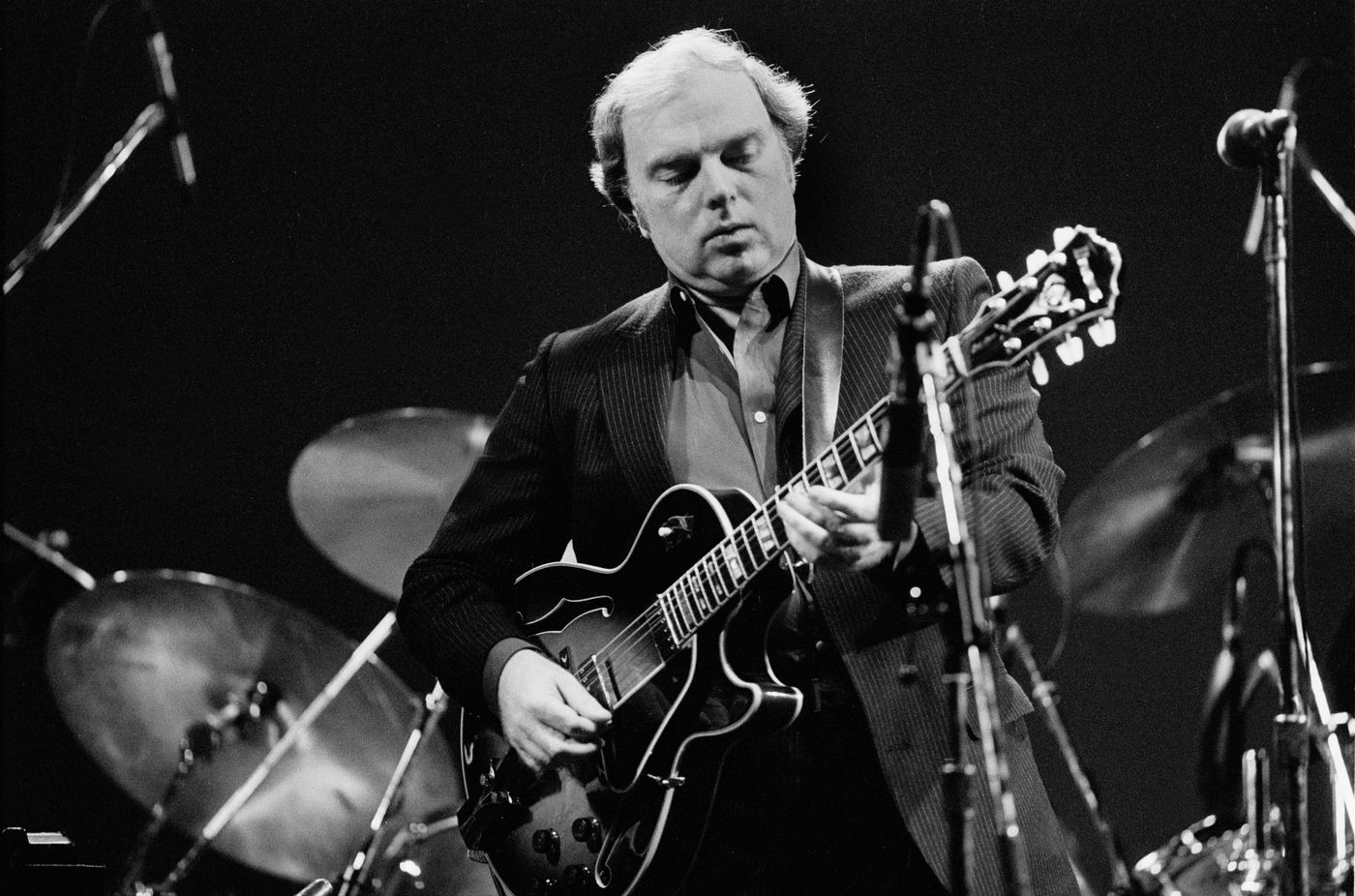
Brown Eyed Girl – Van Morrison
I Saw Mommy Kissing Santa Claus – Jimmy Boyd
The classic Christmas song was initially banned from being played on the radio. The Catholic Archdiocese of Boston was up in arms about the song, as they claimed it liked Christmas to lewd acts. Boyd met with church leaders to clear up the confusion, and the ban was eventually lifted.
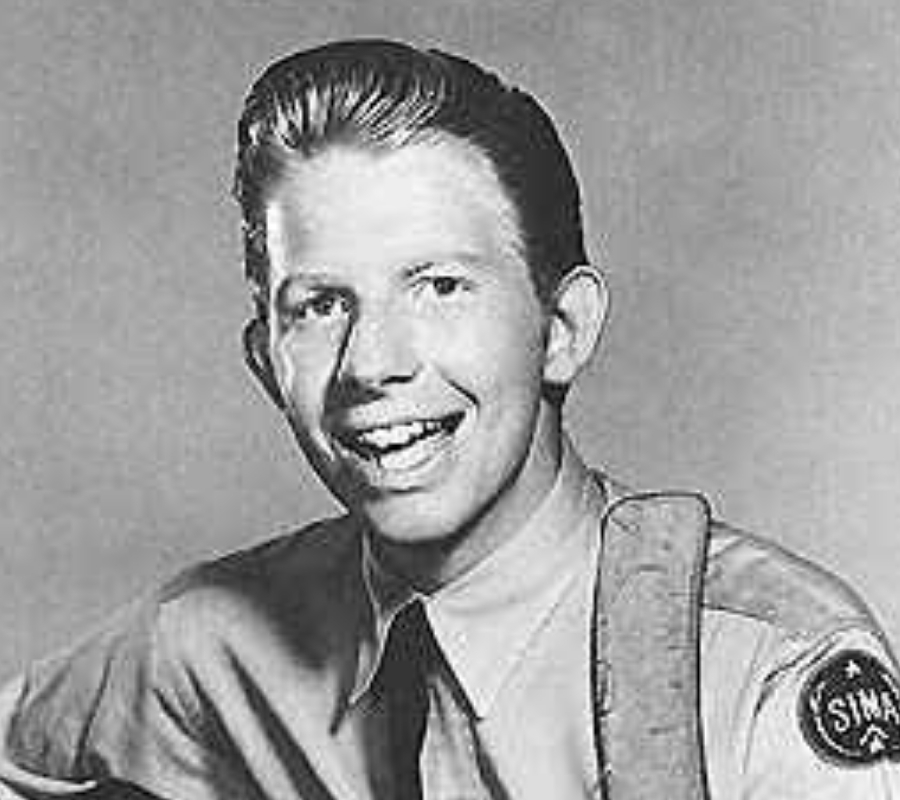
I Saw Mommy Kissing Santa Claus – Jimmy Boyd
Splish Splash – Bobby Darin
Bobby Darin’s song “Splish Splash” is about a man who gets out of a bath and heads to a party in the next room. So why was it banned? Well, many people did not like the fact that the song implied that he attended the party without any clothes on, so the song was banned.
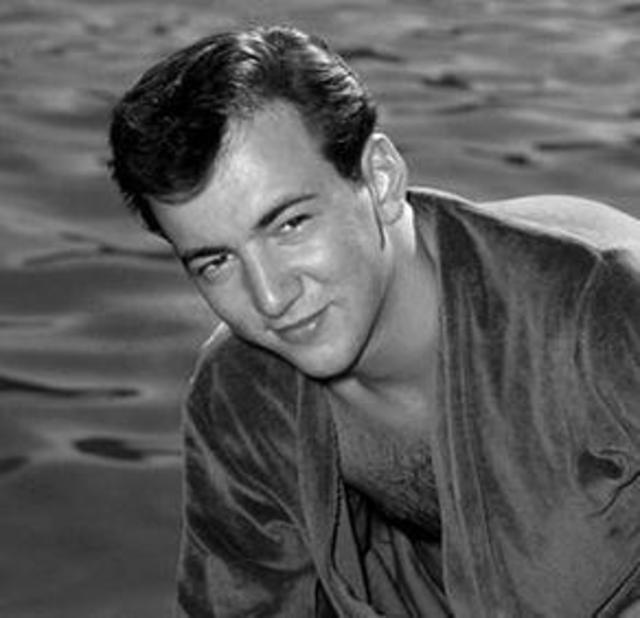
Splish Splash – Bobby Darin
Happiness Is A Warm Gun – The Beatles
Many Beatles songs were controversial and banned throughout the years, including “Happiness Is A Warm Gun.” The song was banned as John Lennon was accused of referring to Yoko Ono as a “warm gun” and the phallic imagery was too much for many listeners at the time.
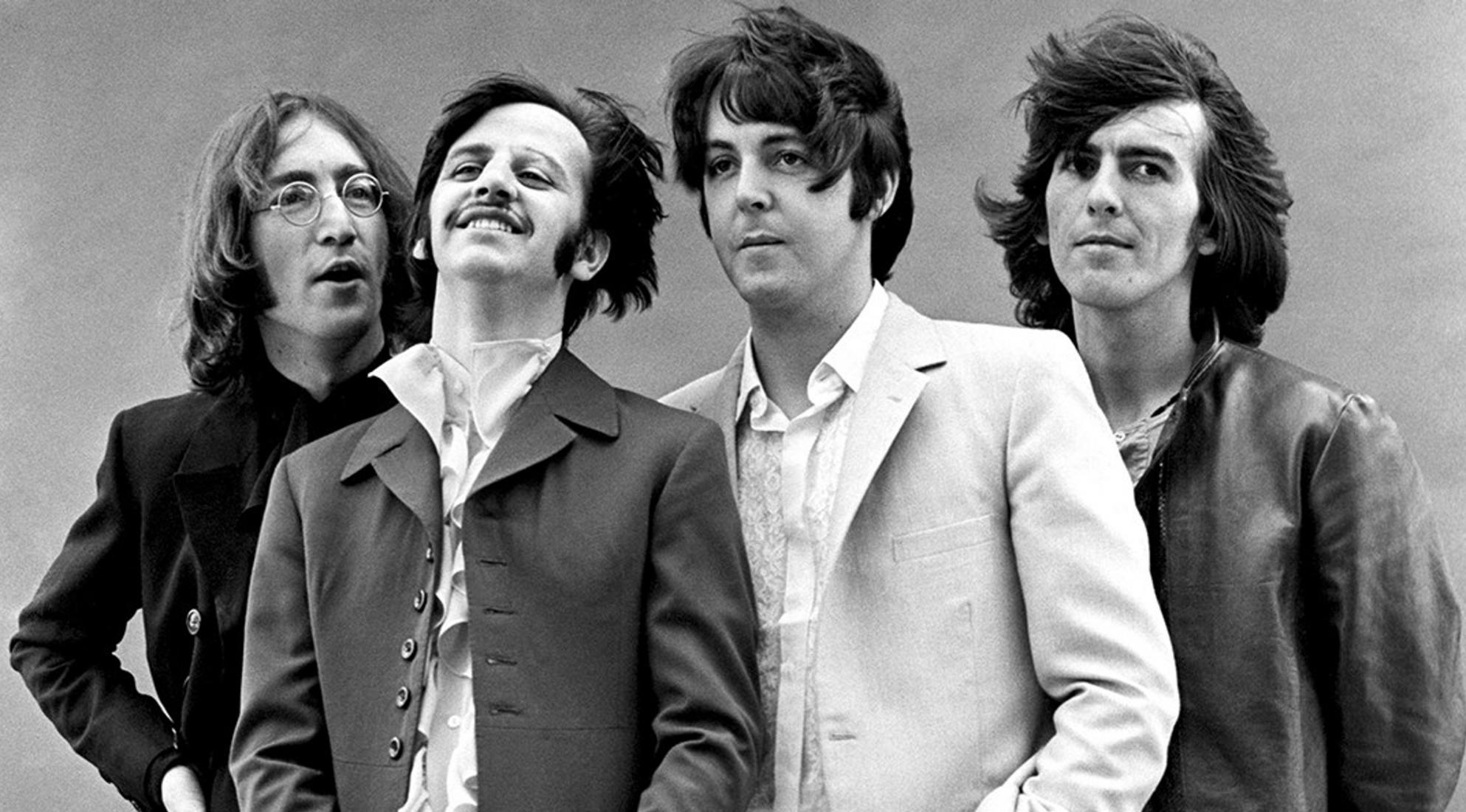
Happiness Is A Warm Gun – The Beatles
Wake Up Little Susie – The Everly Brothers
“Wake Up Little Susie” by the Everly Brothers proves just how quickly songs were banned in the 1950’s. The song implied that a young couple spent the night together, which was very salacious at the time.
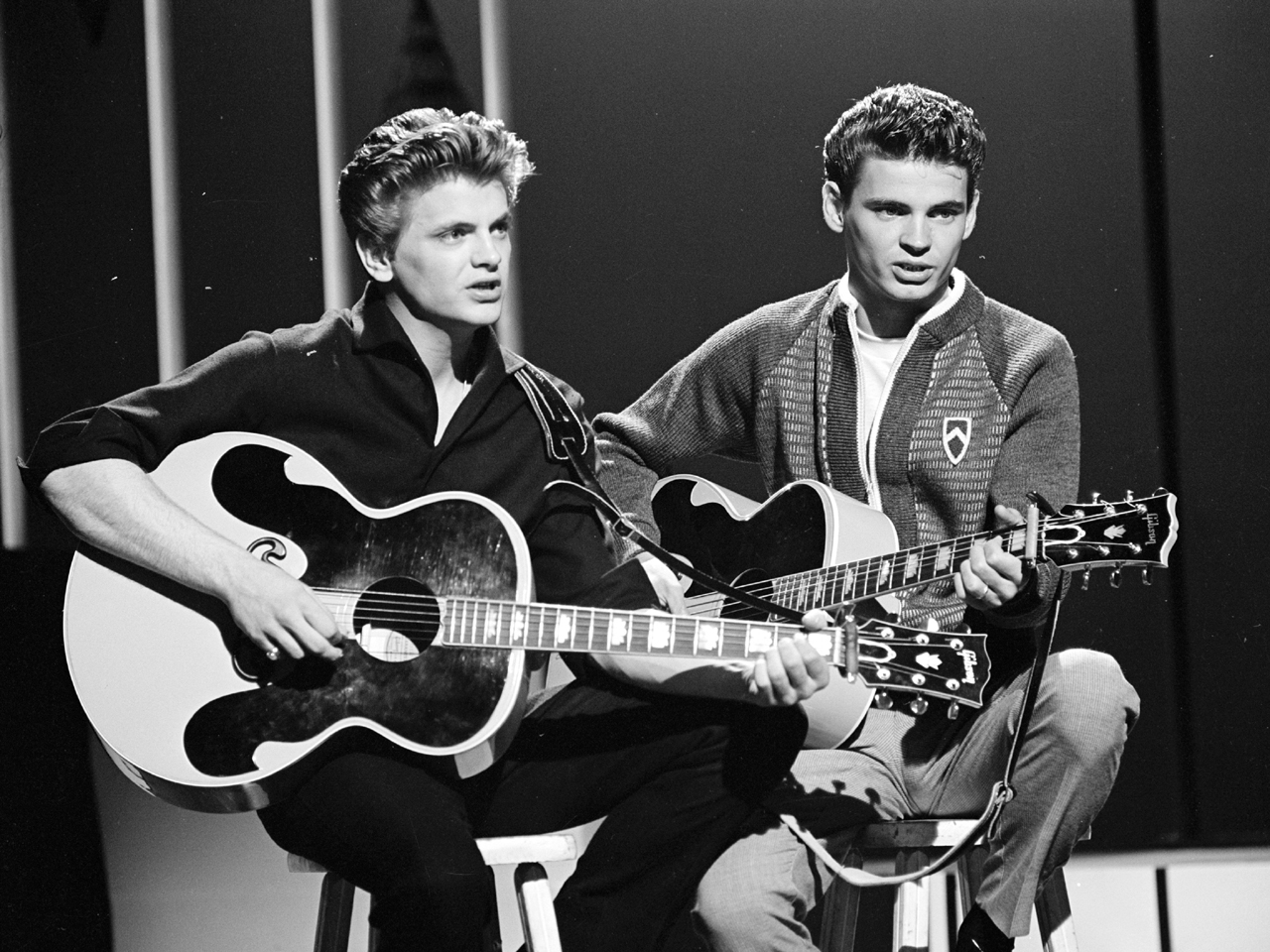
Wake Up Little Susie – The Everly Brothers
Puff The Magic Dragon – Peter, Paul, And Mary
Even though the man who wrote the song “Puff The Magic Dragon” denied the song was about drugs, U.S. Vice President Spiro Agnew felt the song promoted drug use and called for the song to be banned. Despite the ban, the song was extremely successful for Peter, Paul, and Mary.
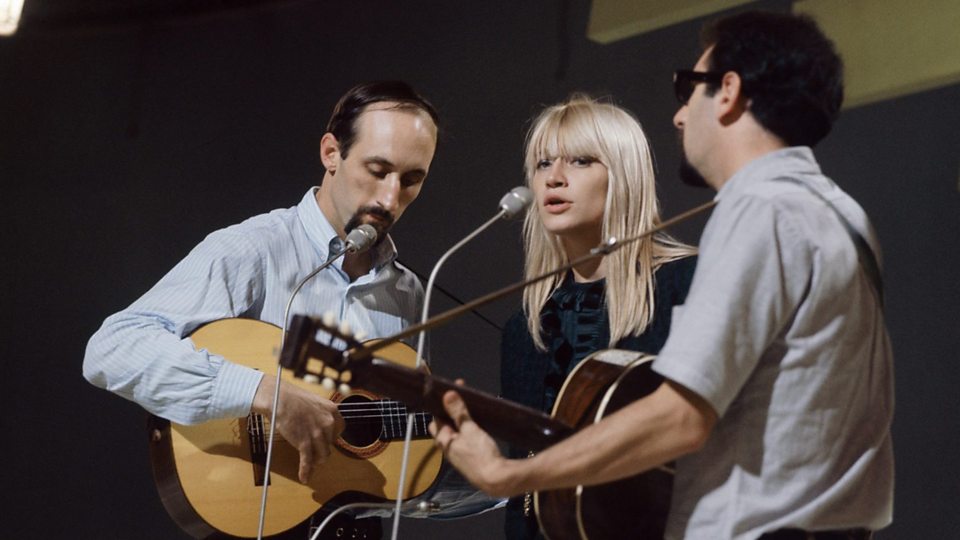
Puff The Magic Dragon – Peter, Paul, And Mary
My Generation – The Who
“My Generation” by the Who became the baby boomer’s anthem when it was released. Despite the fact that the line “I hope I die before I get old” might seem controversial, the song was actually banned for the stutter, which some people felt was mocking people with the speech impediment.
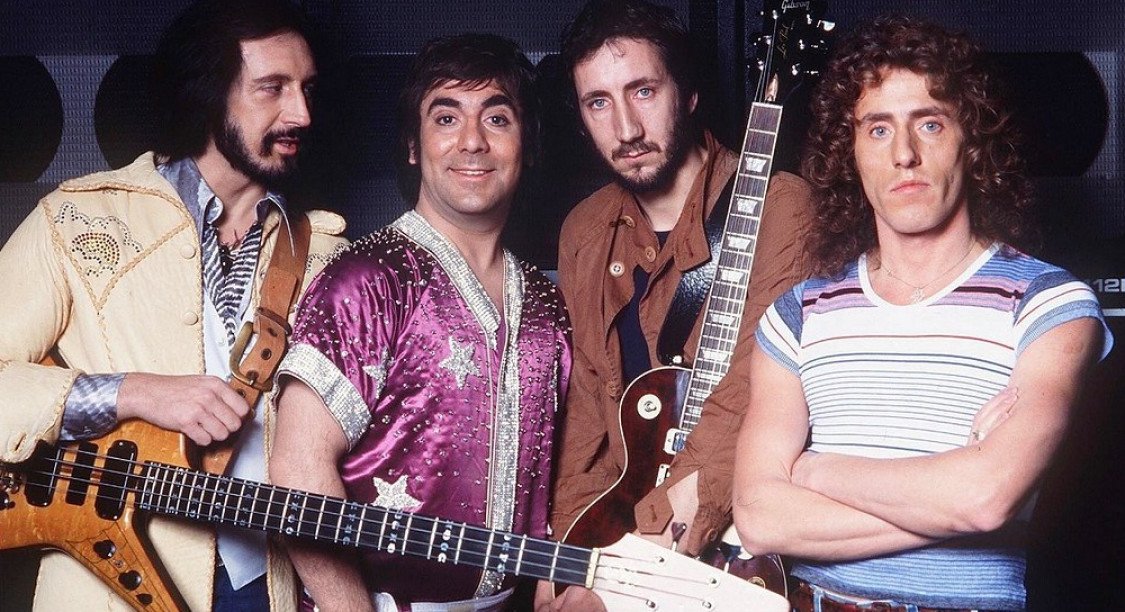
My Generation – The Who
Love To Love You, Baby – Donna Summer
Donna Summer released “Love To Love You, Baby,” a 17 minute single, which was unheard of at the time. After they reviewd the song poorly, in an interview with Time magazine Summers was asked if she touched herself during recording, to which she answered “yes, I touched my knee.” The song was banned from many radio stations but still became a huge hit.
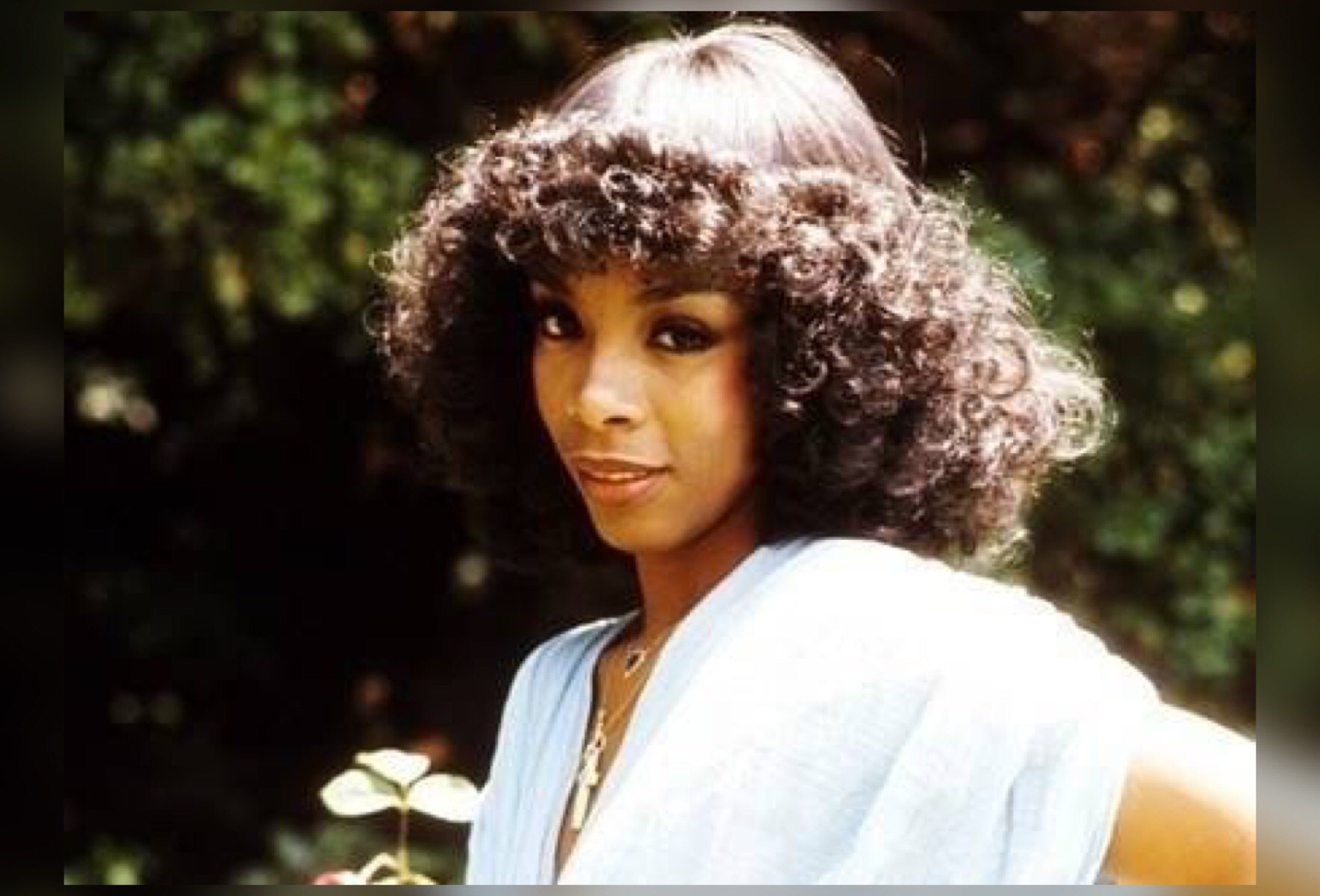
Love To Love You, Baby – Donna Summer
Atomic – Blondie
Blondie’s song was banned by the BBC during the First Gulf War. When the conflict began in 1990, BBC banned any songs that could make a possible allusion to war or violence. Though the song was released 11 years before the war began, it still made the list of banned songs.
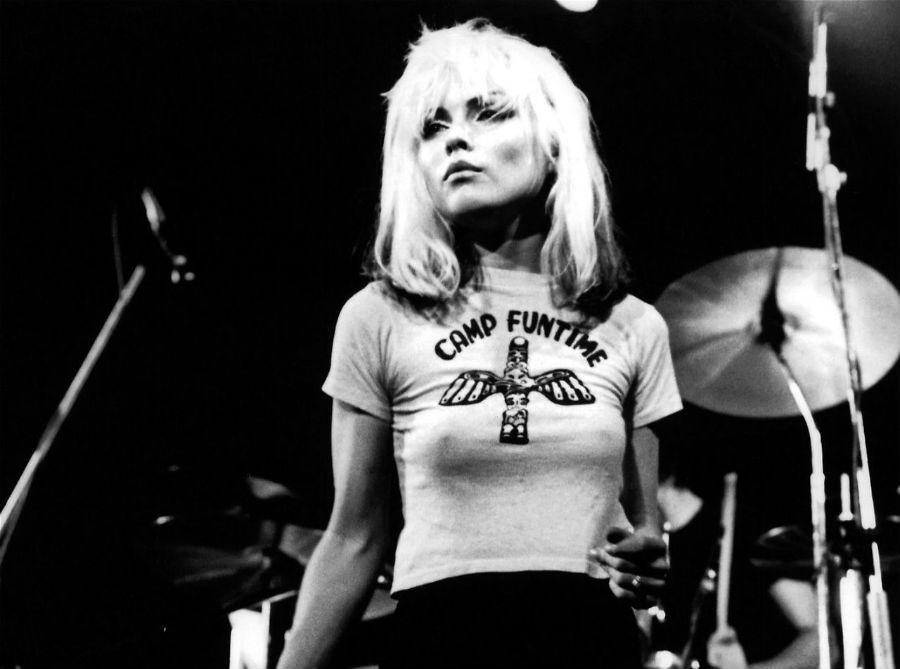
Atomic – Blondie
God Only Knows – The Beach Boys
The Beach Boys released “God Only Knows” in 1966. Before then, the word “God” was almost never in the title of non-liturgical or religious music. Many radio stations across America banned the song for being blasphemous. We wonder how they react to some of the music released today!
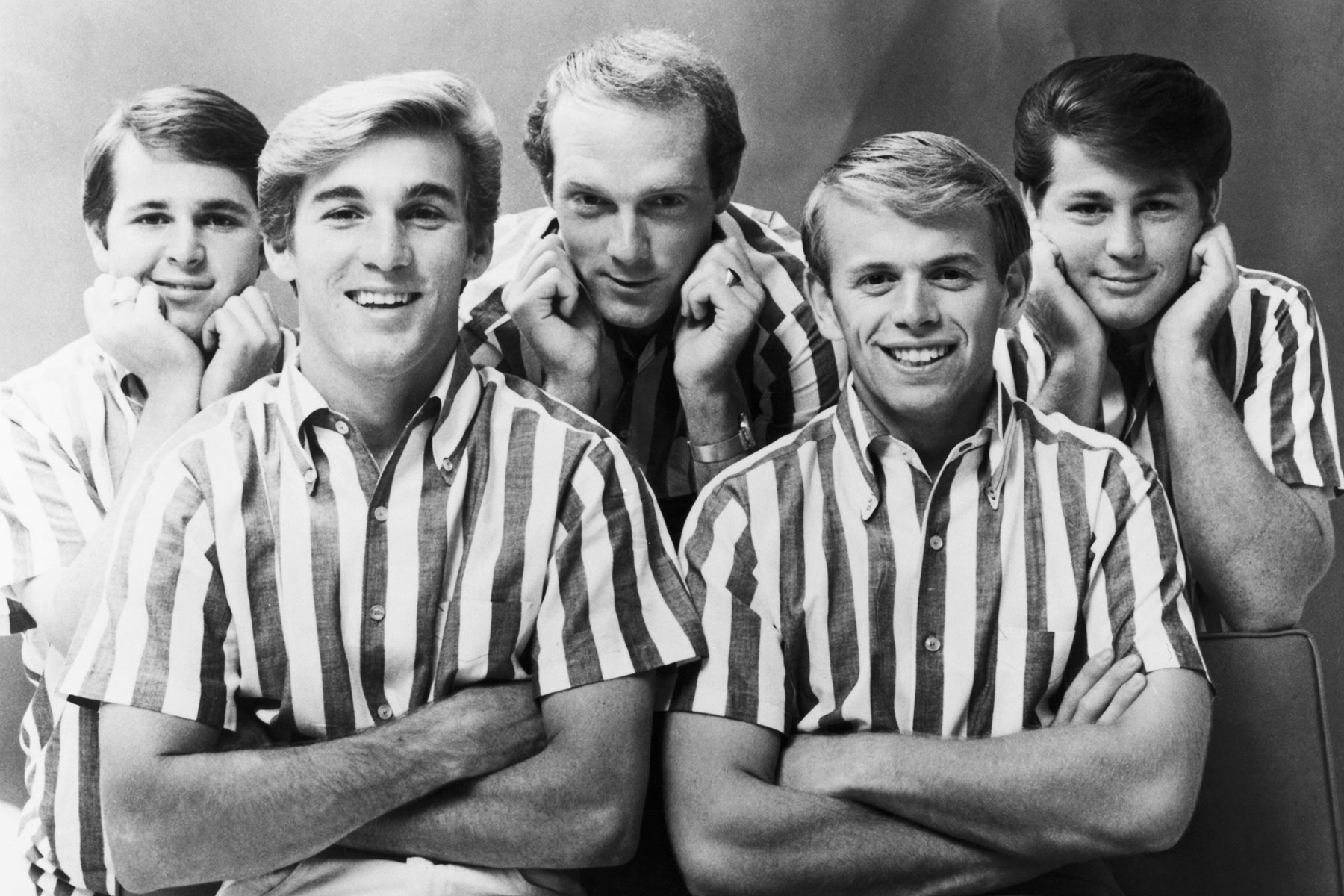
God Only Knows – The Beach Boys
Royals – Lorde
Lorde’s song “Royals” was banned in San Francisco for quite a funny reason. In 2014, the song was banned due to an upcoming baseball game between the San Francisco Giants and the Kansas City Royals. The song was antagonizing for Giants fans, so the song was temporarily banned. After the game, it was no longer banned.
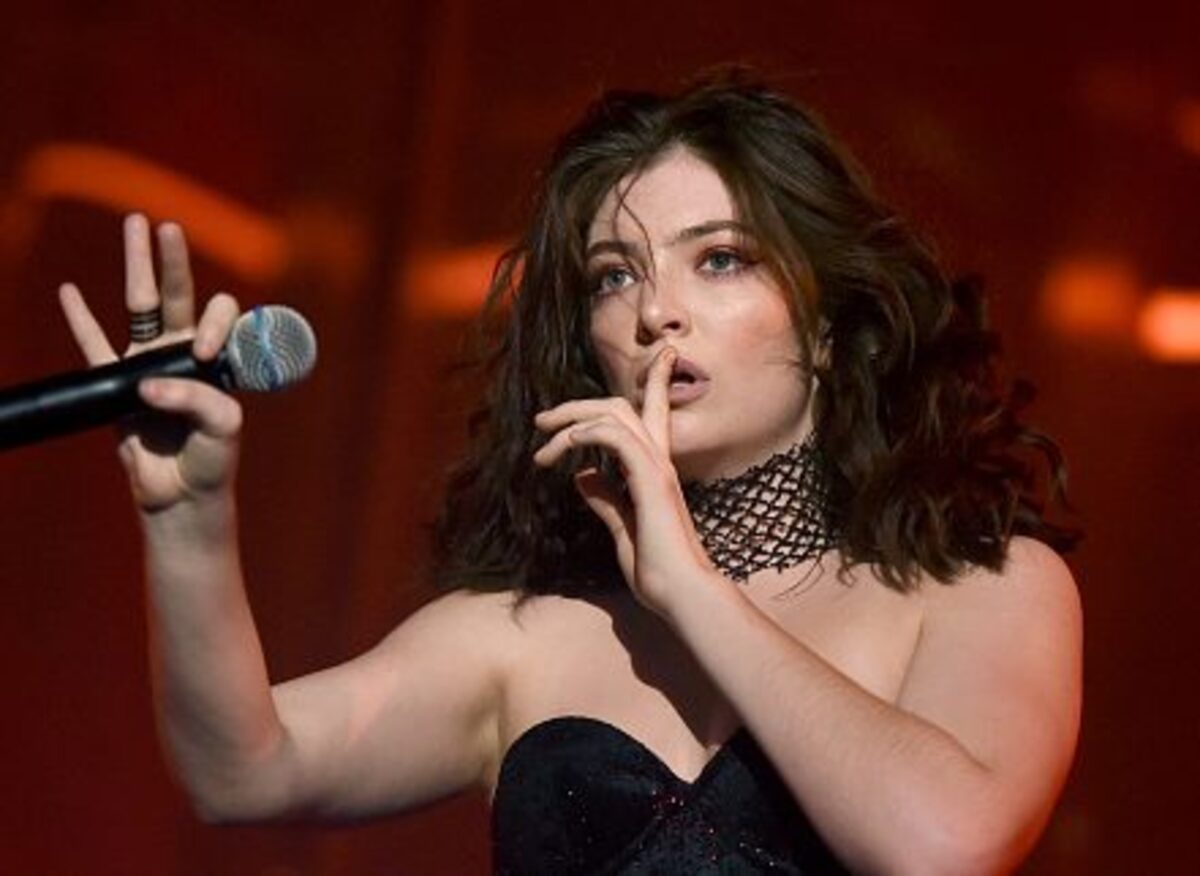
Royals – Lorde
Anarchy In The UK – The Sex Pistols
When the Sex Pistols completed their album “Anarchy In The UK,” which included the single of the same name on it, it actually took a year until the album was released. Many organizations refused to ship the album due to its controversial lyrics, which led to the whole album being delayed.
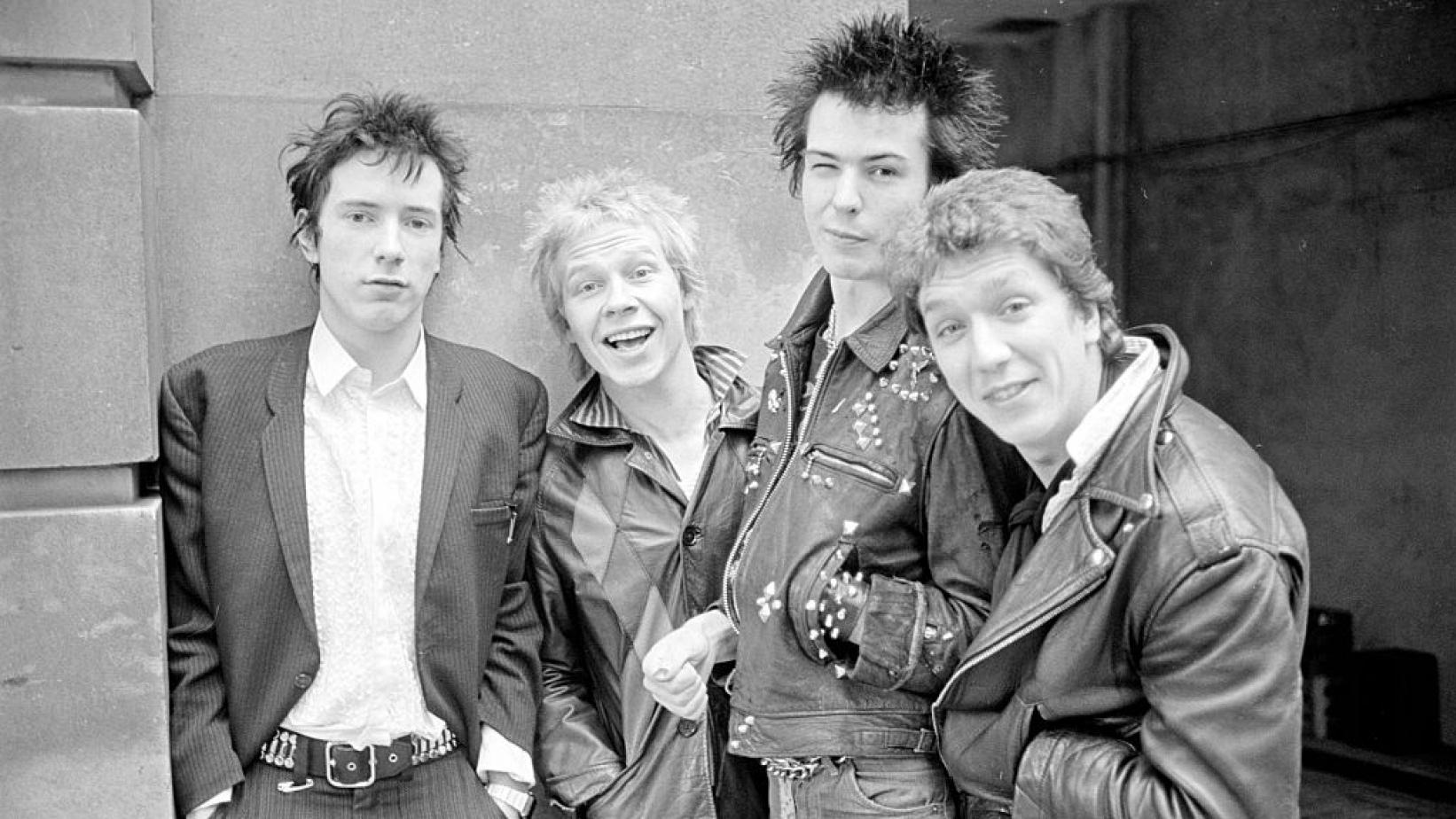
Anarchy In The UK – The Sex Pistols
Johnny Remember Me – John Leyton
John Leyton is known for appearing in the show Harpers West One. He released the song “Johnny Remember Me,” which became a #1 hit. The song was considered a “death disc” which meant it referred to a young man haunted by his deceased lover. This led the song to be banned by the BBC.
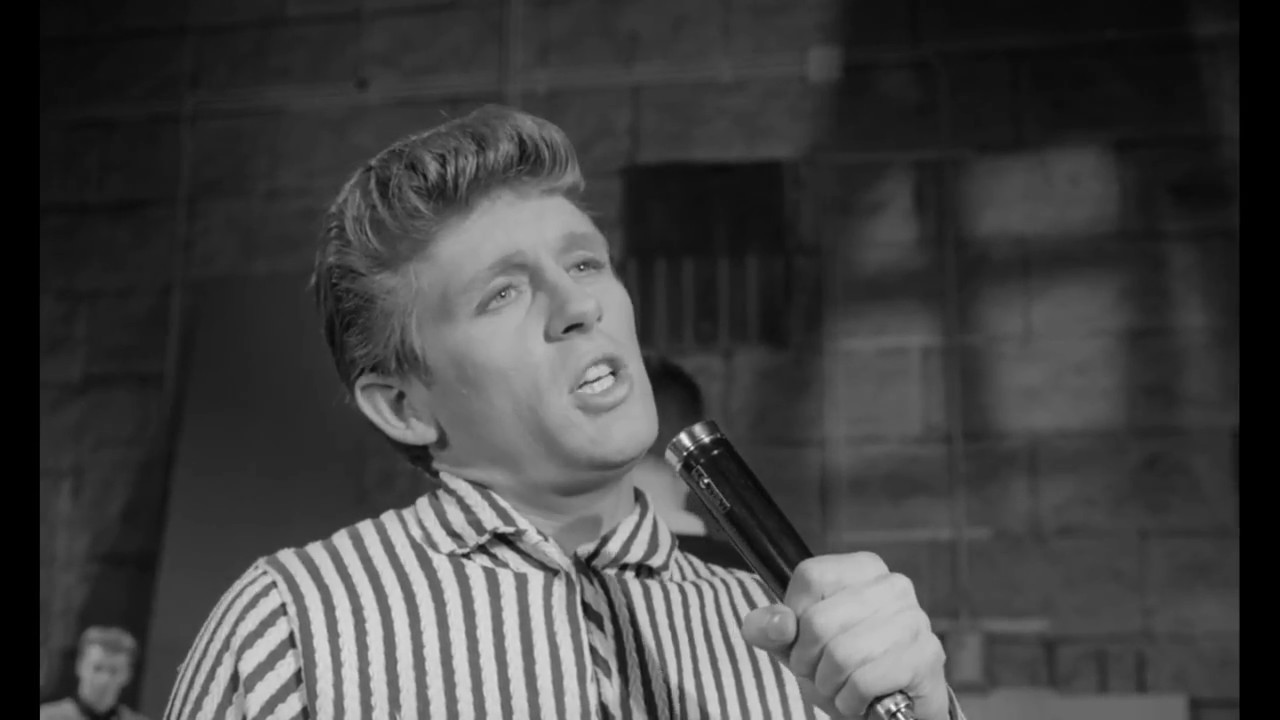
Johnny Remember Me – John Leyton
I Want Your Sex – George Michael
George Michael released the song “I Want Your Sex” which caused quite the stir due to its mention of intimacy right in the title. Many people criticized the song and felt it “glamorized” casual relations during a time when AIDS was a major concern.
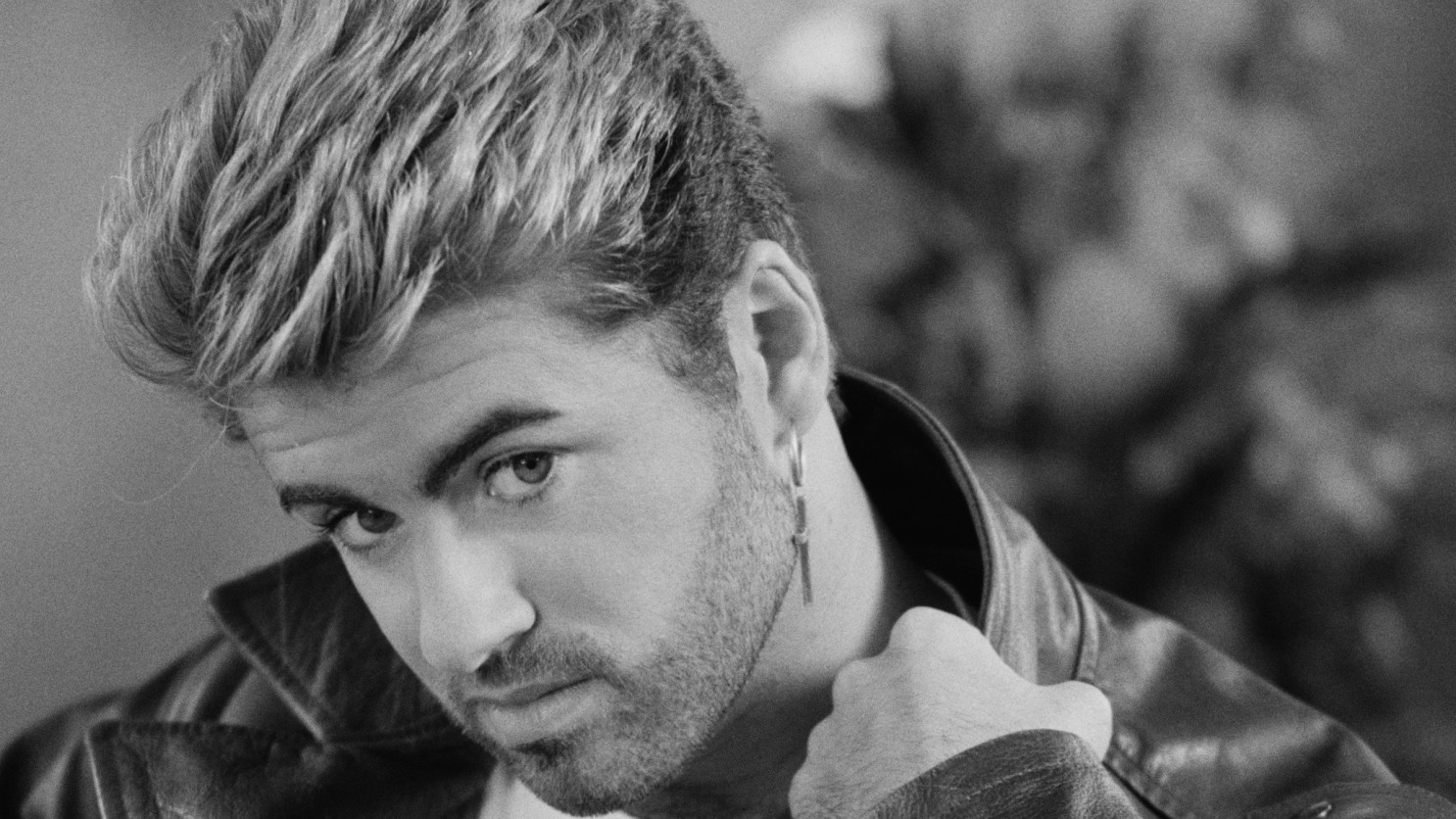
I Want Your Sex – George Michael
Glad To Be Gay – Tom Robinson
Tom Robinson made his orientation quite publicly known when he released “Glad To Be Gay.” The song was banned as it criticized British police as well as the 1967 Sexual Offences Act. The song became an unofficial gay anthem in the U.K.
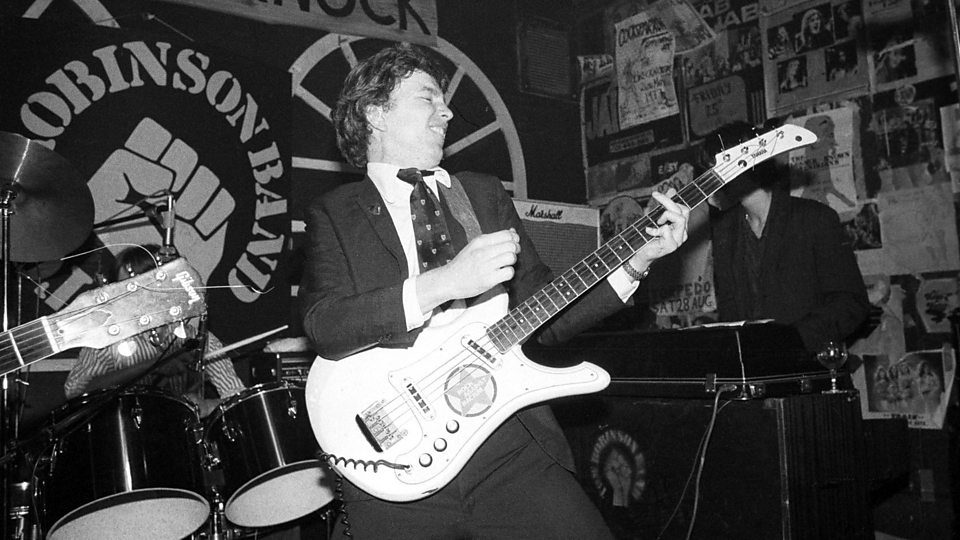
Glad To Be Gay – Tom Robinson
I Love A Man In Uniform – Gang Of Four
In 1982, British band Gang of Four released the song called “I Love A Man In Uniform,” which was swiftly banned as British troops were heading into the Falklands War. Before this, the song was climbing up the charts.
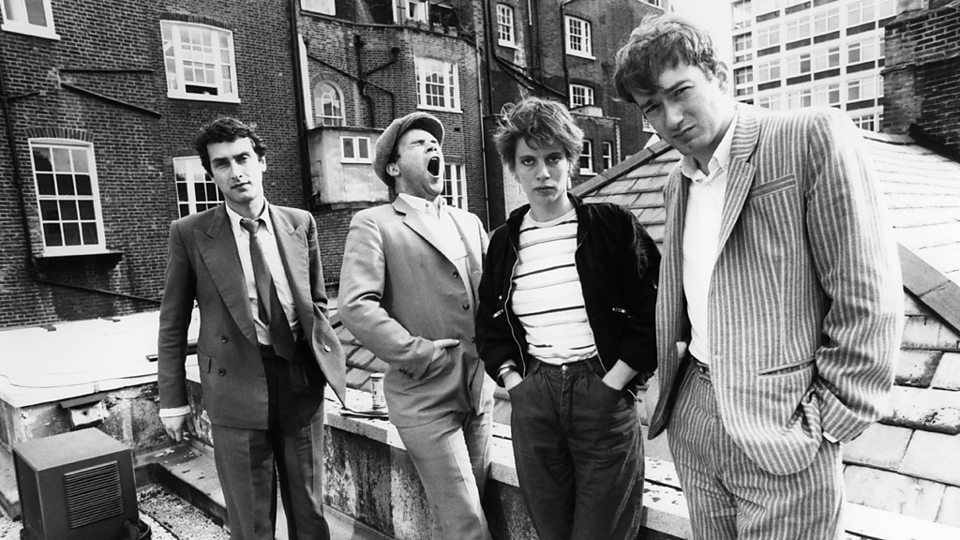
I Love A Man In Uniform – Gang Of Four
Burn My Candle – Shirley Bassey
Shirley Bassey was just 19 when the song “Burn My Candle” was released. It was originally banned for supposedly lewd lyrics. The song was written for Bassey and she did not even know what the song was about, so the ban came as quite a shock to her.
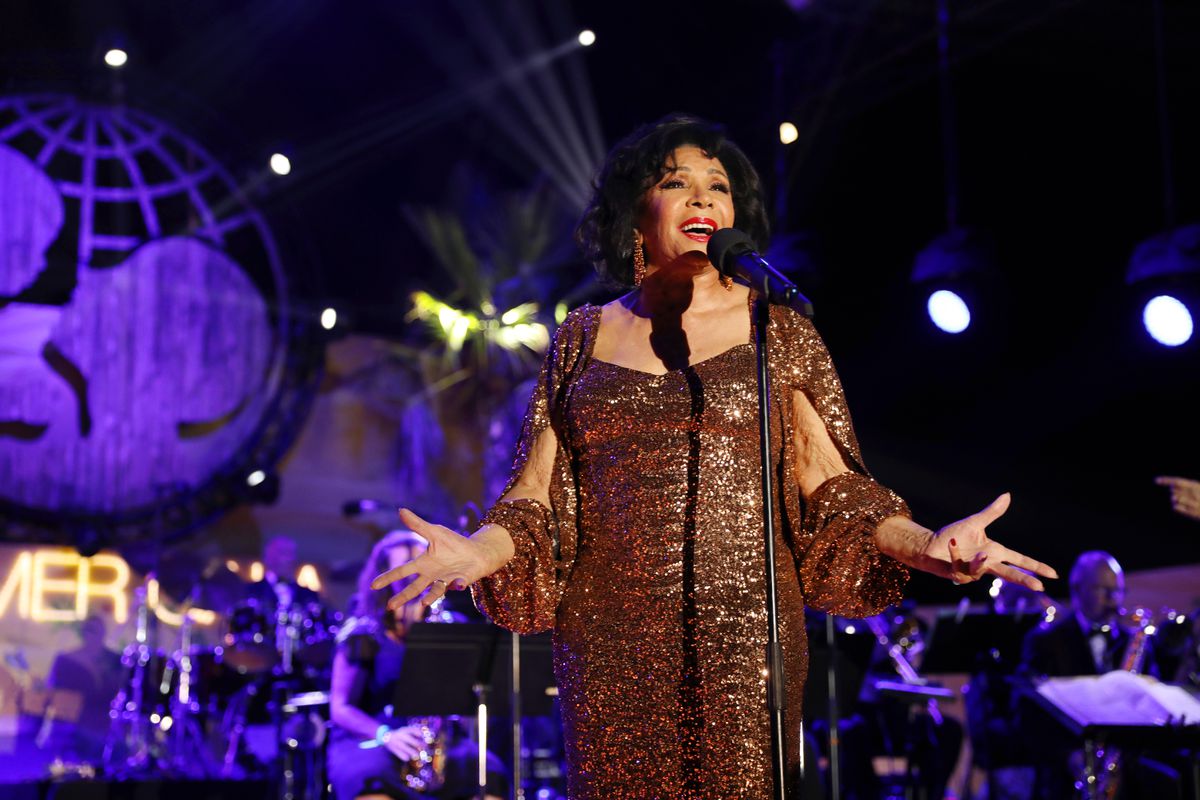
Burn My Candle – Shirley Bassey
You Don’t Know How It Feels – Tom Petty
Tom Petty’s song “You Don’t Know How It Feels” was considered problematic due to its multiple references to illicit substances. To circumvent this, radio stations played versions with some words that were backwards. The song reached the #1 spot on the Billboard Mainstream Rock Tracks.
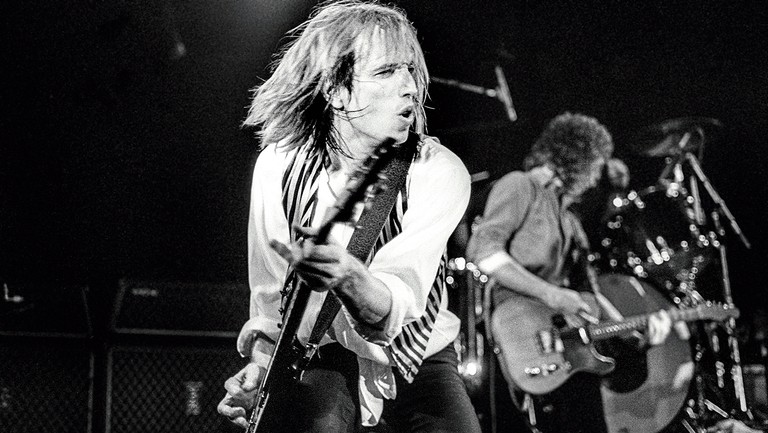
You Don’t Know How It Feels – Tom Petty
Will You Still Love Me Tomorrow – The Shirelles
The Shirelles’ hit “Will You Still Love Me Tomorrow” was considered to be controversial as it decribed the day after a woman was intimate with a man the night before. The song went on to become the first No. 1 Billboard Hot 100 by a female musical group.
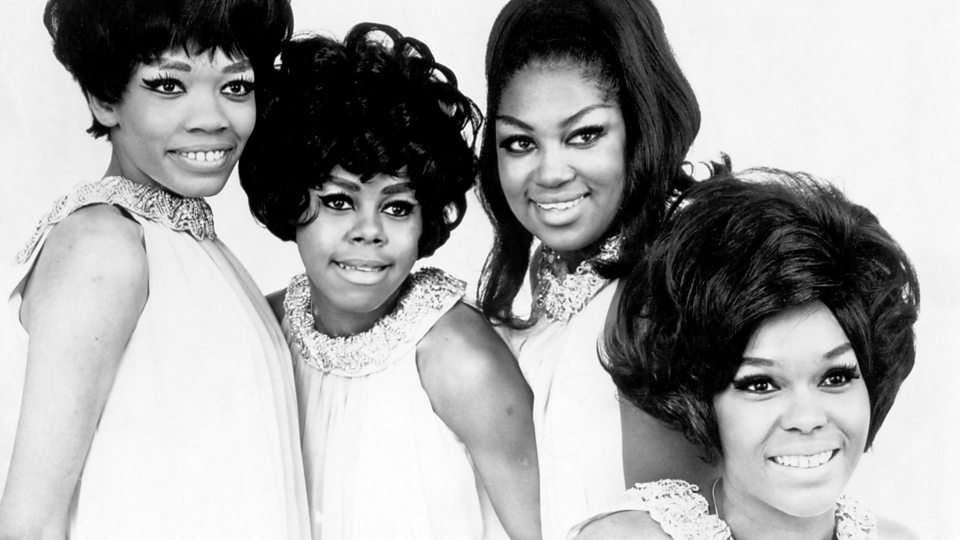
Will You Still Love Me Tomorrow – The Shirelles
Waterloo – Abba
While the Gulf War was going on, BBC was not taking any chances with any songs that might even slightly mention war, armies, killing, or even the Middle East. It banned 67 songs total at the time, including Abba’s hit song “Waterloo.”
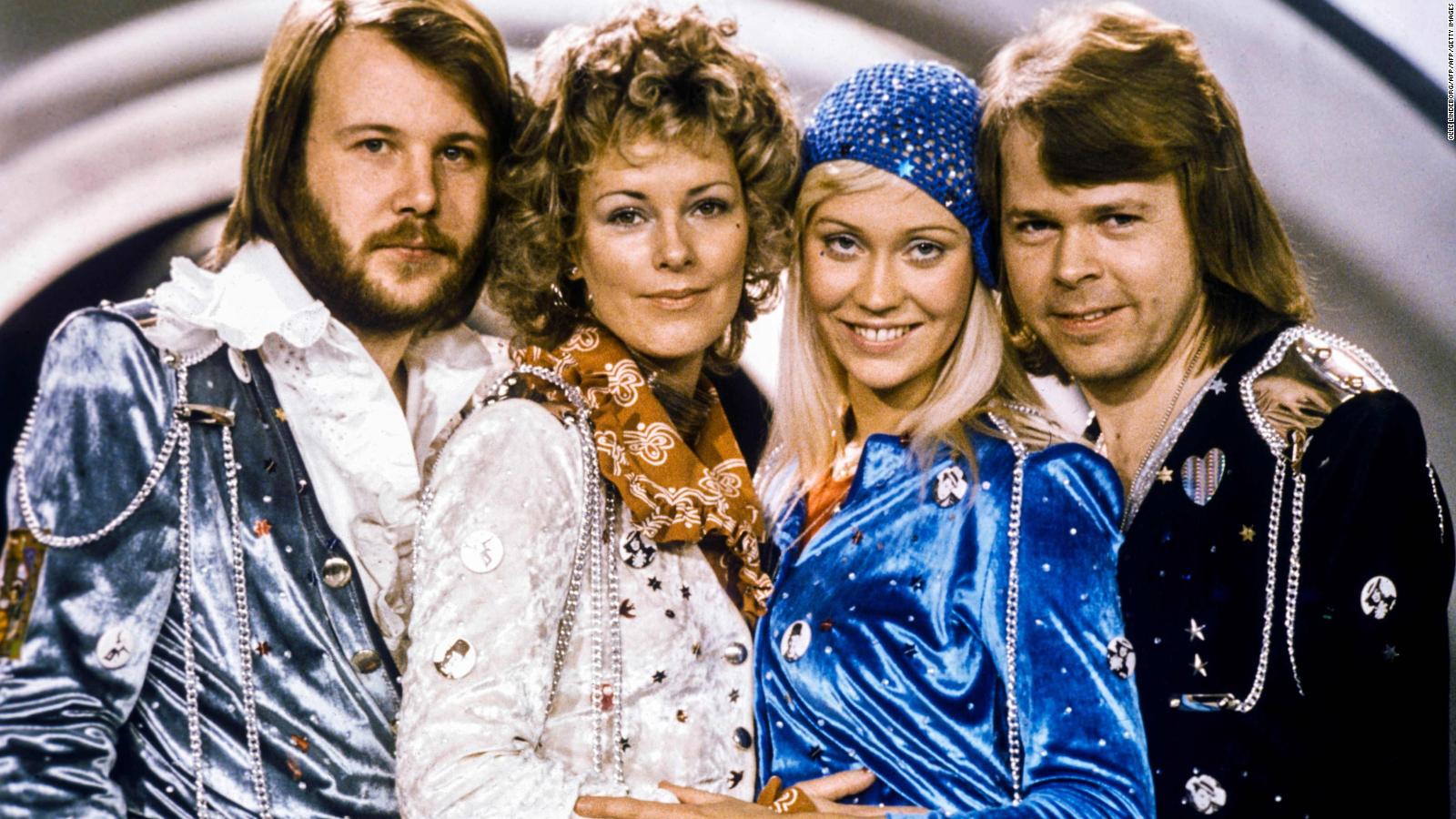
Waterloo – Abba
The Pill – Loretta Lynn
The iconic Loretta Lynn hit song “The Pill” was quite scandalous when it was first released, as its lyrics described the idea that women were now liberated by the contraceptive pill. Lyrics that were especially troubling to some at the time were: “the feelin’ good comes easy now / Since I got the pill.”
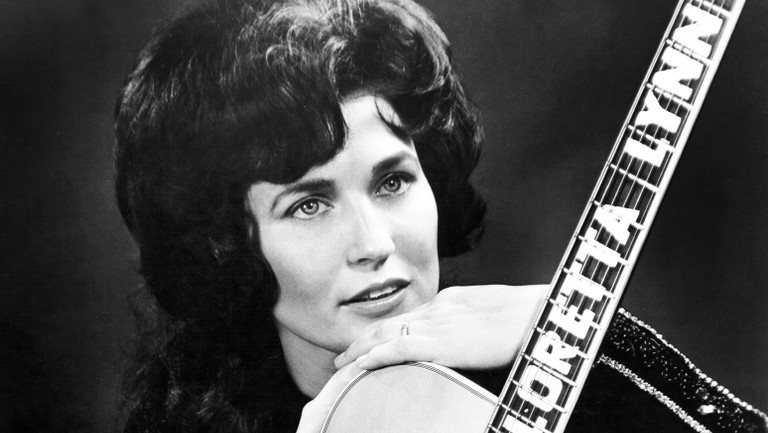
The Pill – Loretta Lynn
Relax – Frankie Goes To Hollywood
In 1984, when Frankie Goes To Hollywood released “Relax,” most people did not realize what the lyrics were about. Some lines were left off in ads, but the song will still taken off England’s Radio 1 before it even ended. It later went on to be a giant hit and was in the Top 75 list for 52 weeks!
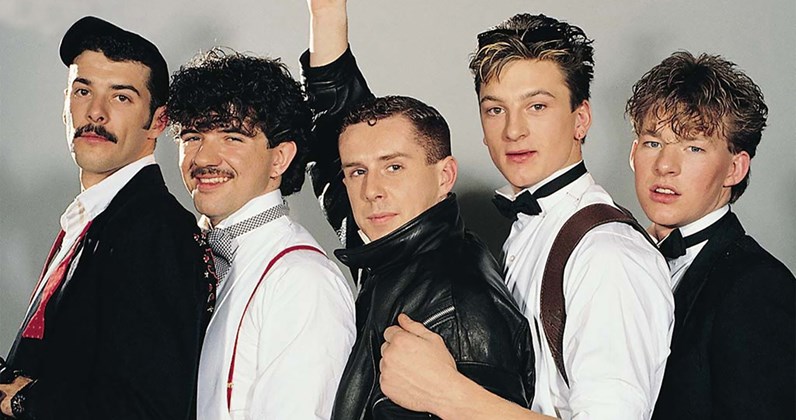
Relax – Frankie Goes To Hollywood
Heaven 17 – (We Don’t Need This) Fascist Groove Thang
The BBC ended up banning this group’s debut single as the song potentially libeled then-US President Ronald Reagan as a “fascist god in motion.” Later that year, Reagan survived an attempted assassination. The song remains, sadly, still very relevant today.
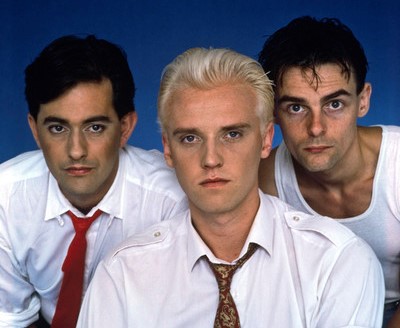
Heaven 17 (We Don’t Need This) Fascist Groove Thang
Robin Thicke feat. TI & Pharrell – Blurred Lines
Robin Thicke’s song “Blurred Lines,” which features rappers T.I. and Pharrell, remains to be one of the most controversial pop songs to this day. Many people feel that the song’s message blurs the line (as the title suggests) between consent and non-consent. The song’s content led it to be banned from many radio stations.
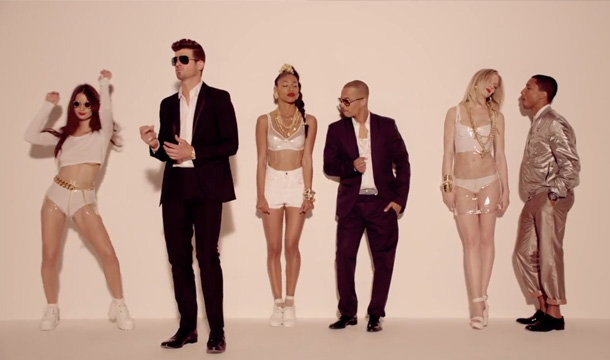
Robin Thicke Feat. TI & Pharrell Blurred Lines
Ian Dury & the Blockheads – Spasticus Autisticus
Ian Dury wrote the song “Spasticus Autisticus” as a protest to the International Year of Disabled Persons, which he felt was quite patronizing. The BCC blocked the song as it claimed Dury’s descriptions of physical disability were too offensive. In 2012, the song was sung at the Paralympic opening ceremony.
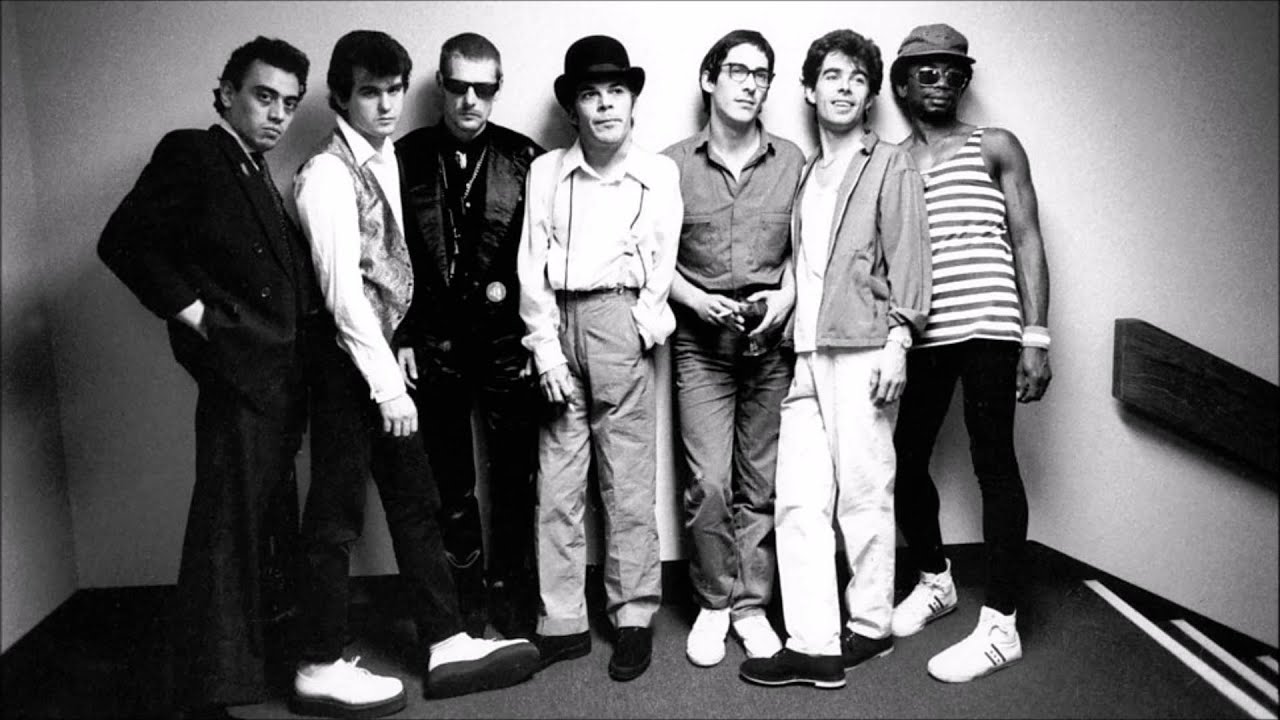
Ian Dury & The Blockheads
Lil Louis – French Kiss
The music video for Lil Louis’ “French Kiss” features a woman who is enjoying herself, which led it to be banned by the BBC for “heavy breathing.” It was also recently banned from eat London digital station 883 Centreforce for the same reason.
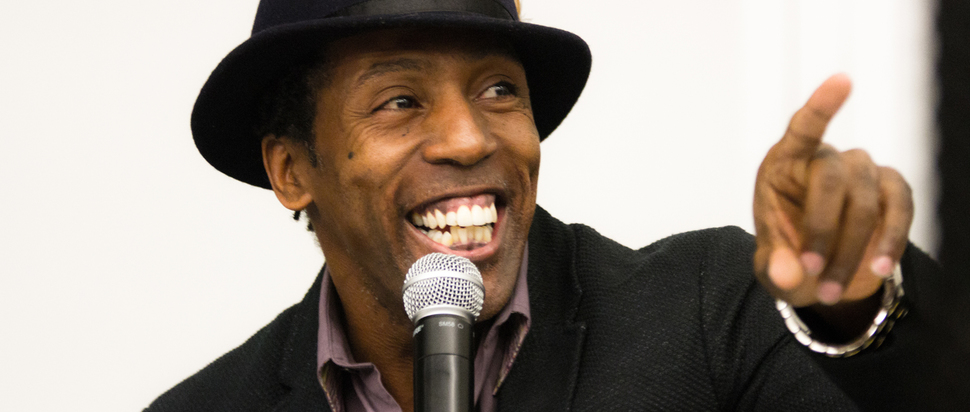
Lil Louis – French Kiss
Queen – I Want To Break Free
Queen’s song “I Want To Break Free” was banned on midwestern radio stations, where one station’s DJ said: “We can’t possibly play this. You know, it looks homosexual.” Luckily people finally understood just how good this song is.
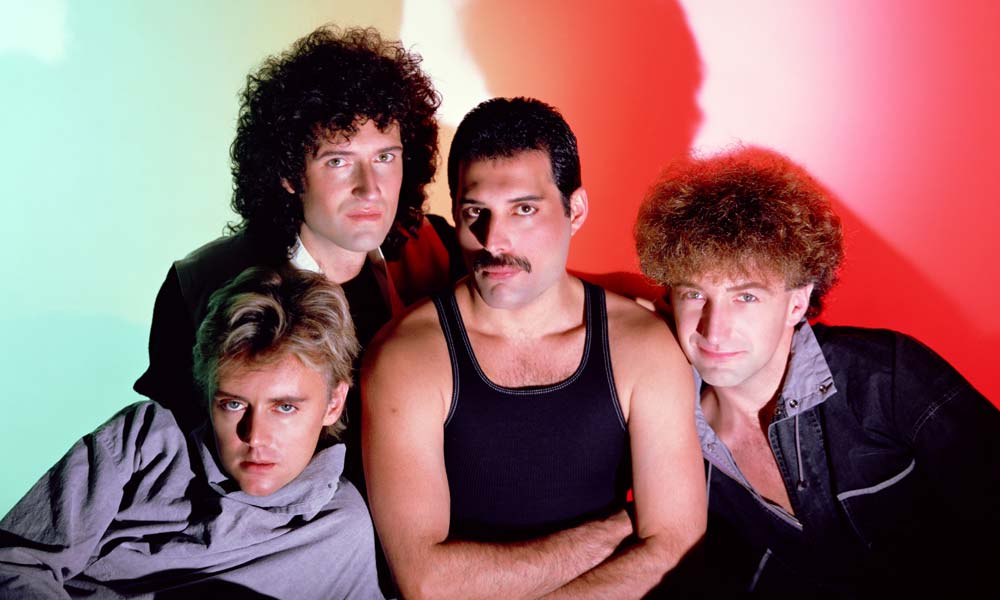
Queen I Want To Break Free
Serge Gainsbourg and Jane Birkin – Je T’aime…Moi Non Plus
The song “Je T’aime…Moi Non Plus” by Serge Gainsbourg and Jane Birkin was found to be problematic for its sensual qualities in Portugal and also by the Pope himself. Three decades after the song was released, it would be used in a salmon commercial…how times have changed.
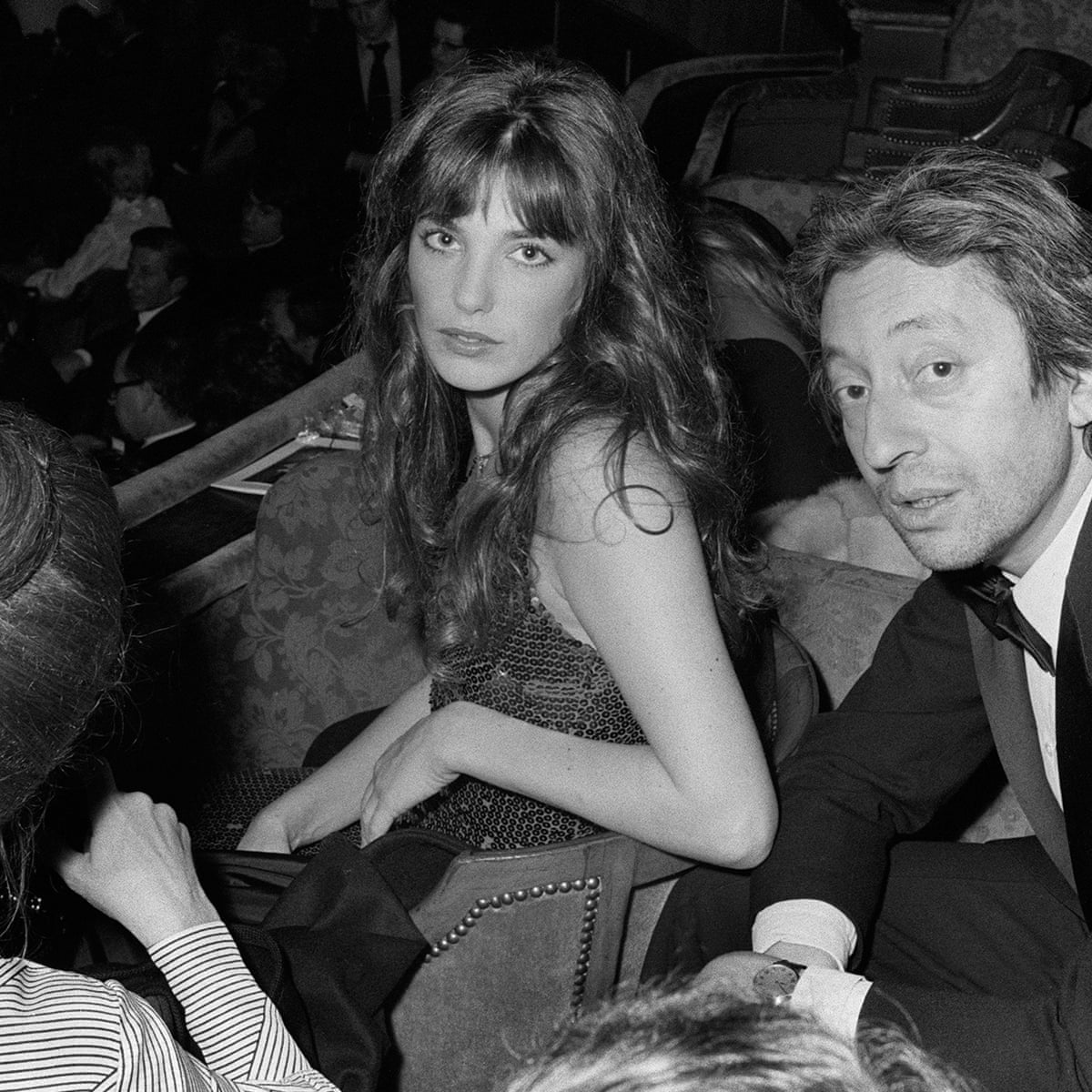
Serge Gainsbourg And Jane Birkin Je T’aime…Moi Non Plus
Ray Peterson – Tell Laura I Love Her
Ray Peterson’s song “Tell Laura I Love Her” tells the story of a teen who enters a car race in hopes of winning the prize money so he can buy his girlfriend a wedding ring. He sadly ends up dying in an accident, and thus the song was considered too morbid and was banned, but it actually led the song to become even more popular.
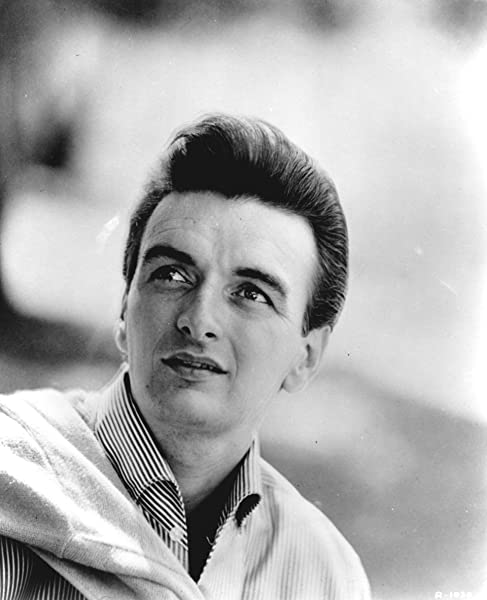
Ray Peterson Tell Laura I Love Her
All The Young Dudes – Mott The Hoople
Originally, the lyrics for “All the Young Dudes” by Mott The Hoople had to be changed because of the line: “Wendy’s stealing clothes from Marks and Sparks,” which referenced the famous English store Marks & Spencer. As this was considered a breach in advertising in force, the line had to be changed.
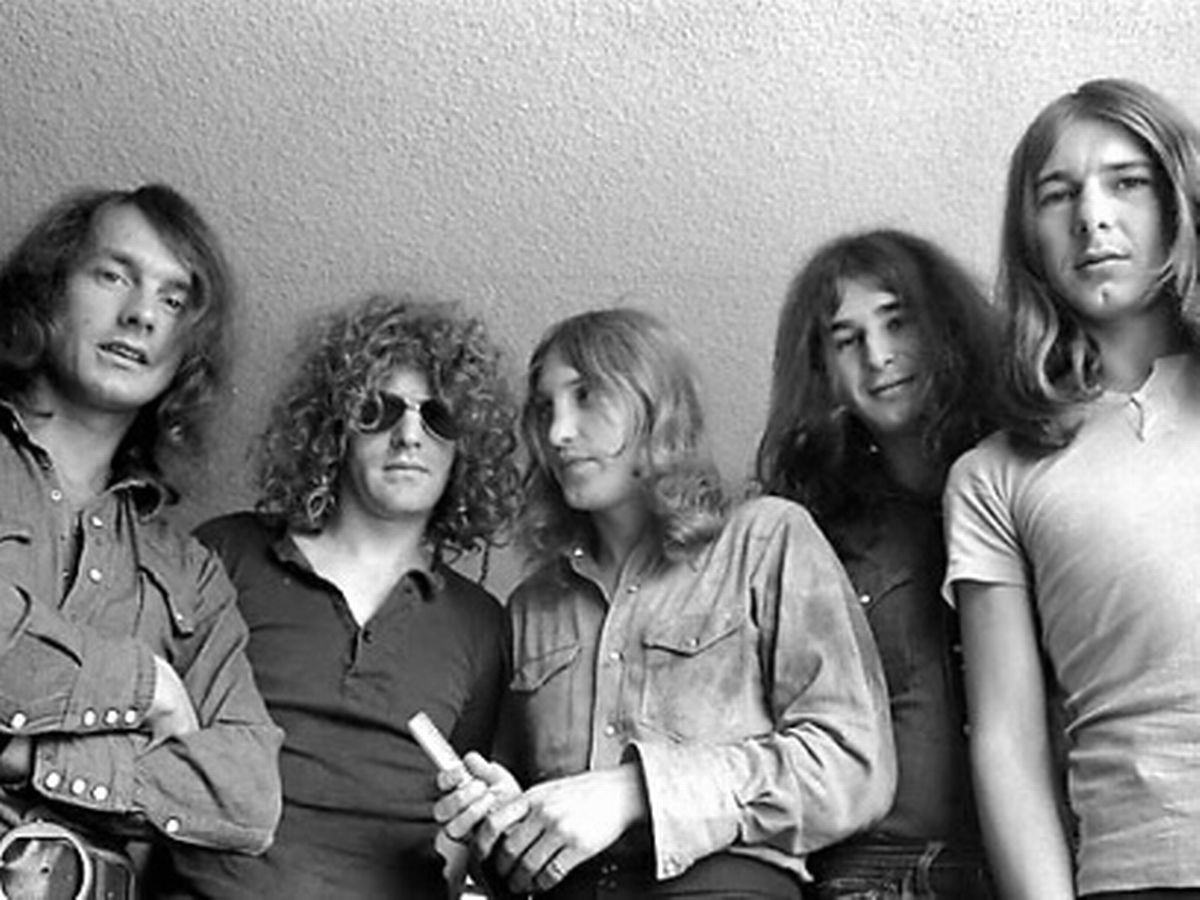
All The Young Dudes Mott The Hoople
A Day In The Life – The Beatles
The classic Beatles song “A Day In The Life” was originally banned due to its drug references. While many of its lyrics seem strange, it was the exact line: “found my way upstairs and had a smoke,” that led the song to be problematic.
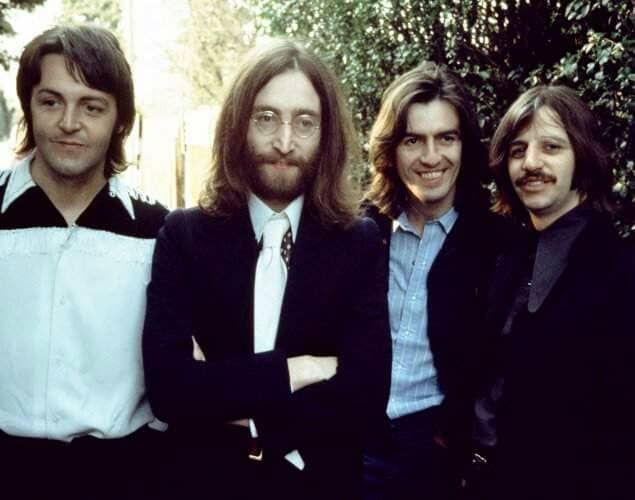
A Day In The Life The Beatles
Hard Headed Woman – Elvis Presley
“Hard Headed Woman” by the King himself, Elvis Presley was banned by the BBC when it was first released. Since the song referenced biblical figures such as Adam and Samson and Eve and Delilah, the song was considered against public morals and was therefore banned.
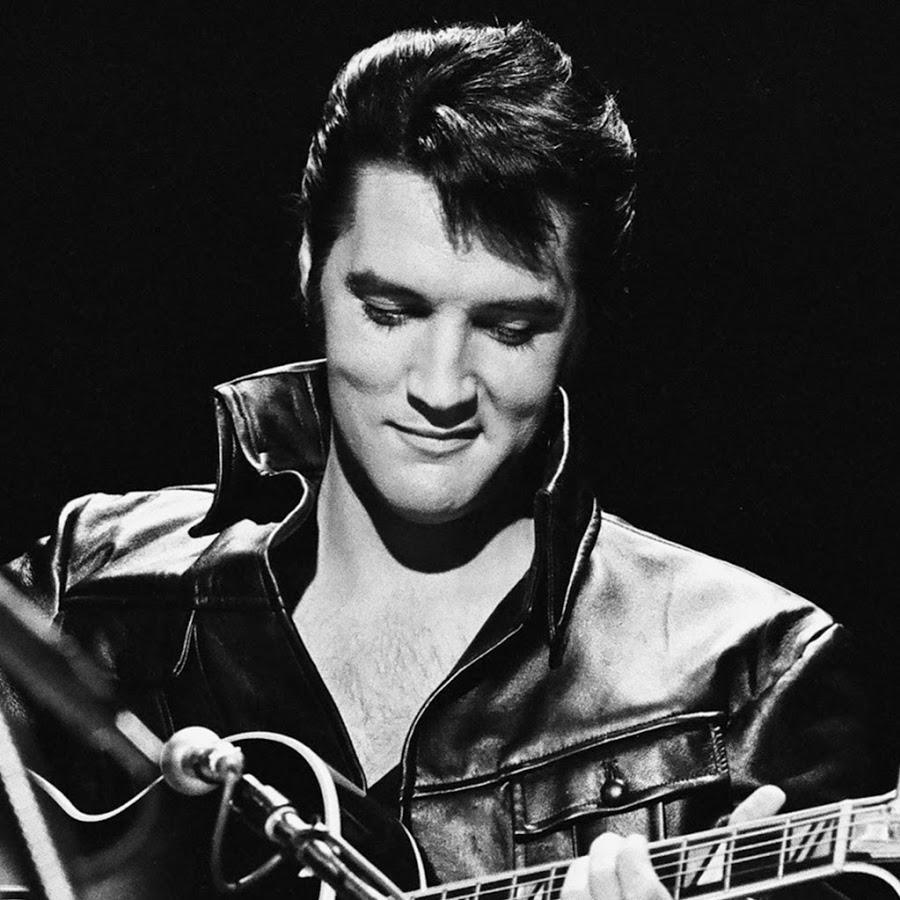
Hard Headed Woman Elvis Presley
Invisible Sun – The Police
“Invisible Sun” by The Police references the ArmaLite rifle that was used by paramilitary groups such as the Provisional Irish Republican Army. Because of this, it was promptly banned by the BCC.
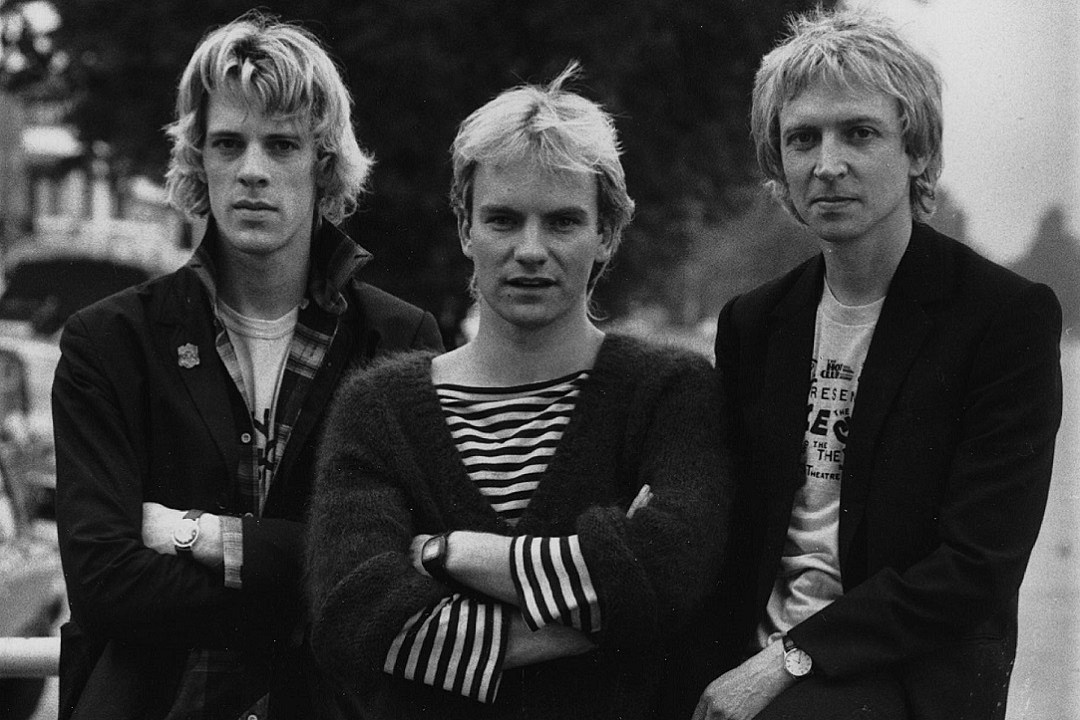
Invisible Sun The Police
Let’s Spend The Night Together – The Rolling Stones
At first, the Rolling Stones were asked not to perform “Let’s Spend The Night Together” while performing on The Ed Sullivan Show, but they eventually compromised to changed the lyrics. However, they were still banned from performing on the show again.
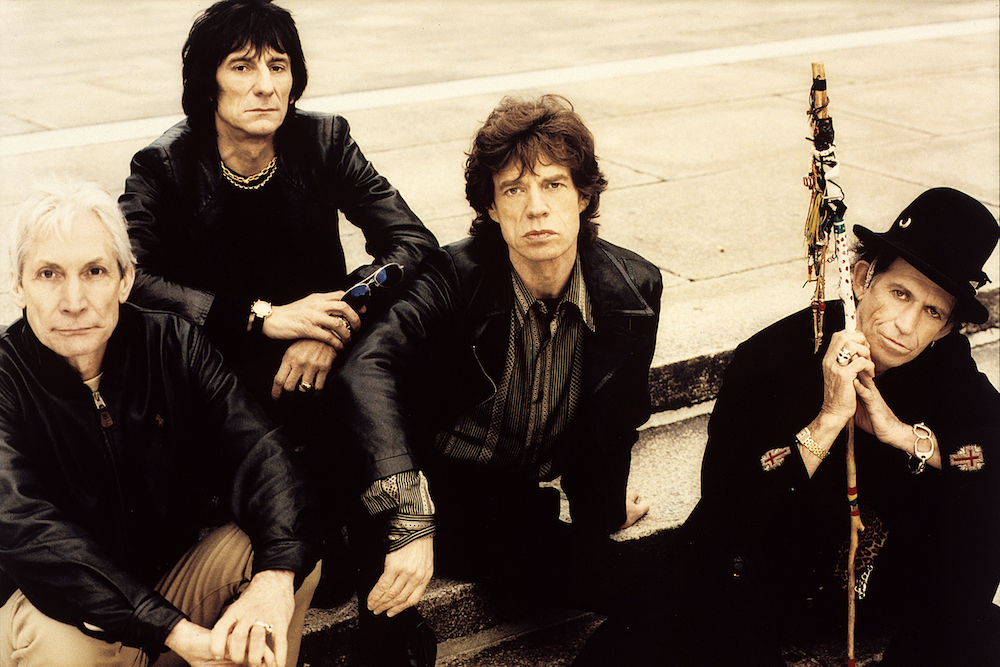
Let’s Spend The Night Together – The Rolling Stones
Lola – The Kinks
You might think you know why “Lola” by the Kinks was banned on the BBC, but the real reason may surprise you. The lyric: “where you drink champagne and it tastes just like Coca-Cola,” was the reason behind the band, as it was endorsing a product. The lyric was changed to “cherry cola” instead.
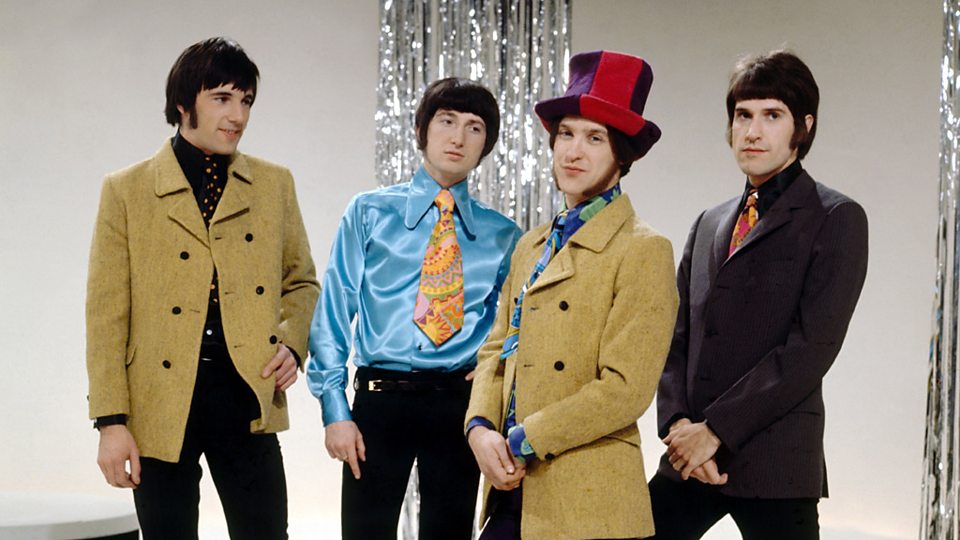
Lola The Kinks
Maybelline – Chuck Berry
This Chuck Berry classic was banned for a similar reason to many Elvis songs. Back then, any slight mention or allusion to anything remotely sensual was problematic. That’s why “Maybelline” was also banned when first released.
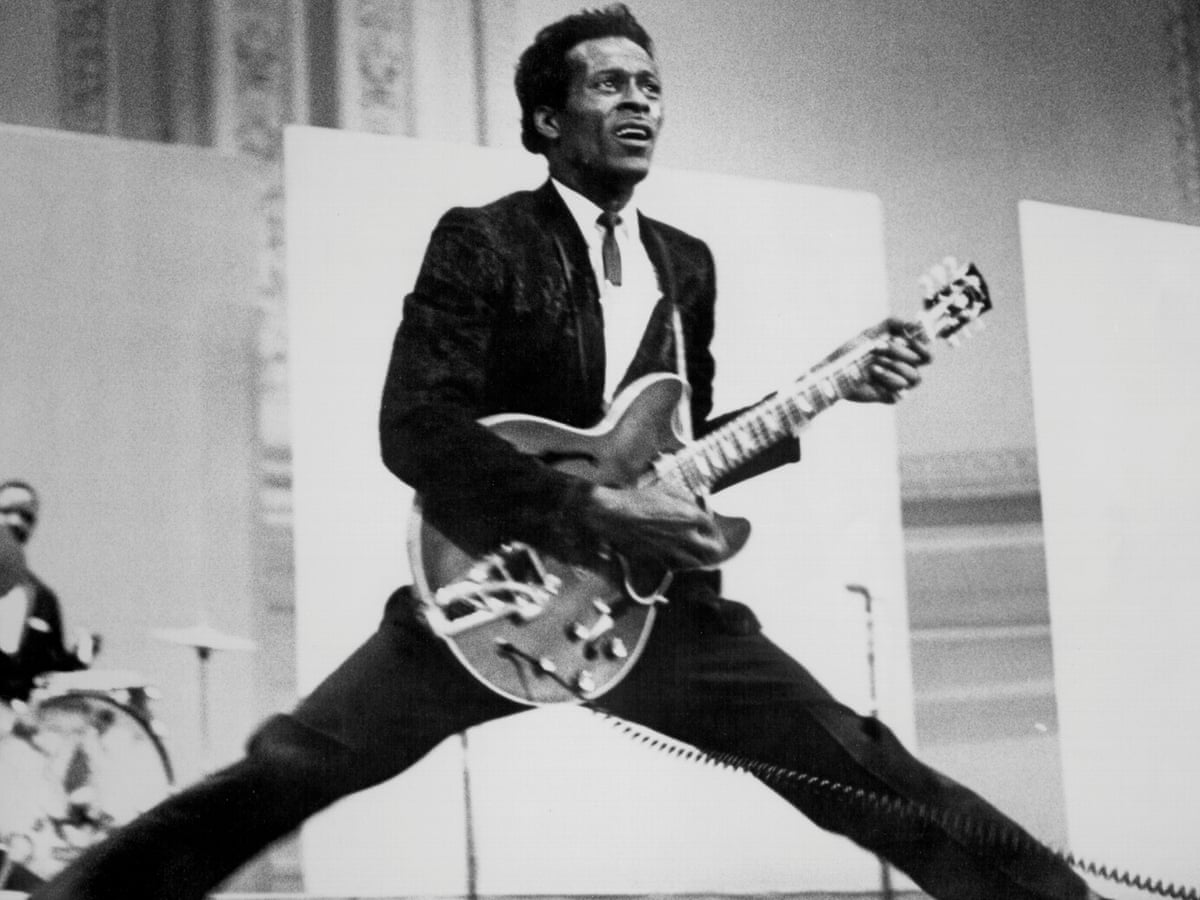
Maybelline Chuck Berry
You’ll Get Yours – Frank Sinatra
Frank Sinatra is considered to be one of the greatest singers of all time. But that doesn’t mean that his music was safe from getting banned! The Voice himself was faced with a ban on his song “You’ll Get Yours.”
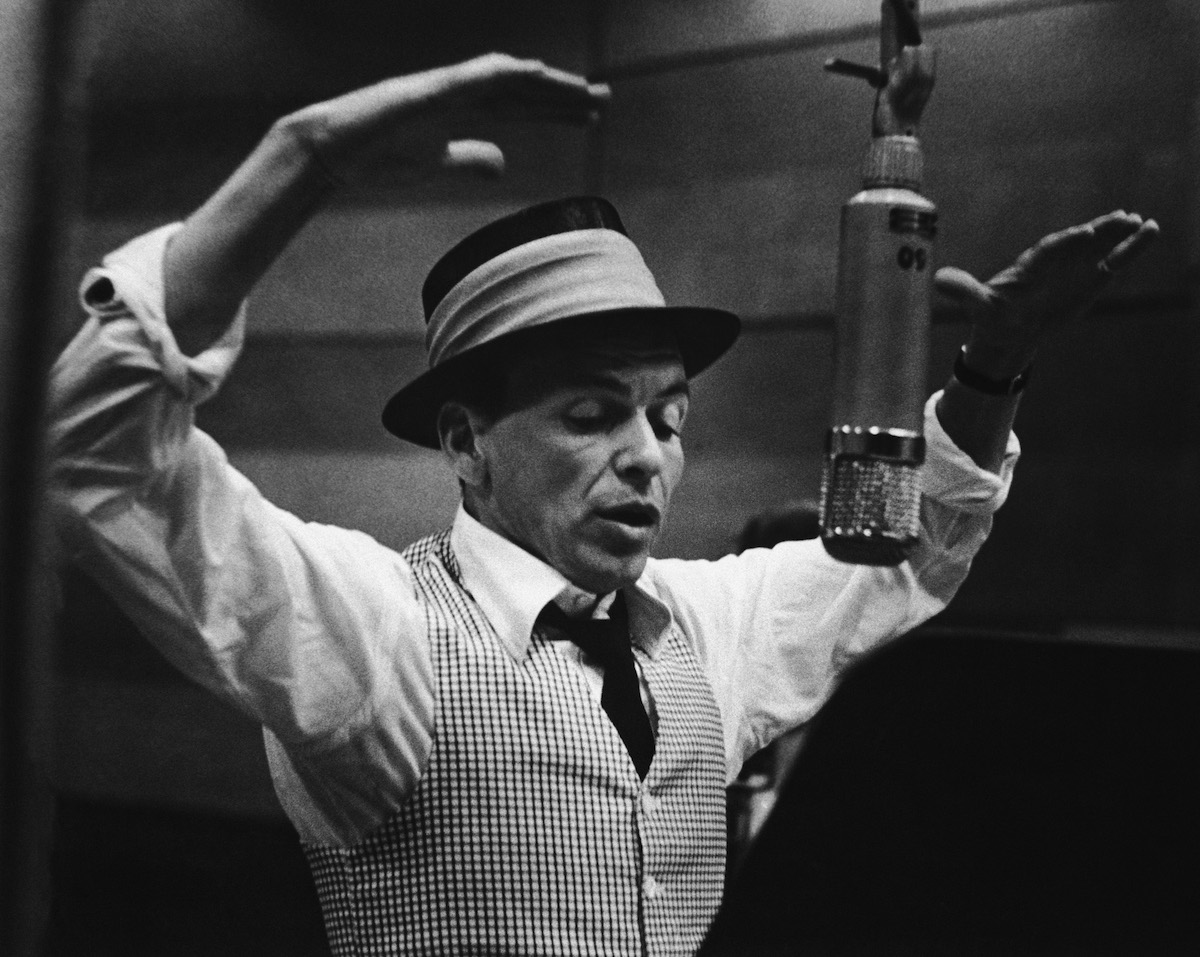
You’ll Get Yours – Frank Sinatra
I’ll Be Home For Christmas – Bing Crosby
The song “I’ll Be Home For Christmas” by Bing Crosby is one of the most beloved holiday songs of all time. Did you know that it was actually banned by the BBC at a certain point? It was banned because it was thought that British troops’ morale would be dampened by it, since they would not, in fact, be home for Christmas.
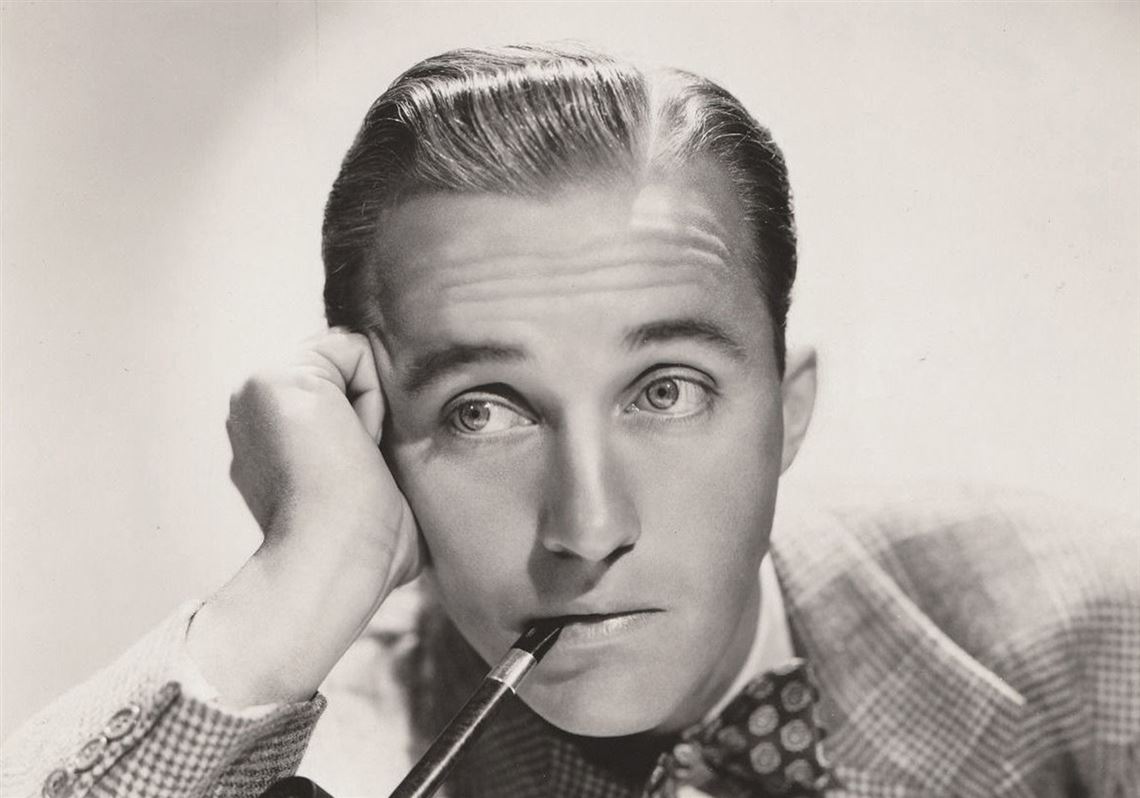
I’ll Be Home For Christmas Bing Crosby
Baby, Let Me Follow You Down – Bob Dylan
Bob Dylan has not been a stranger to controversy throughout the years. His song “Baby, Let Me Follow You Down” was not allowed to be played due to a lyric that was considered problematic. The line “God-almighty world” was not considered safe to be played on the radio back then, and the song was banned.
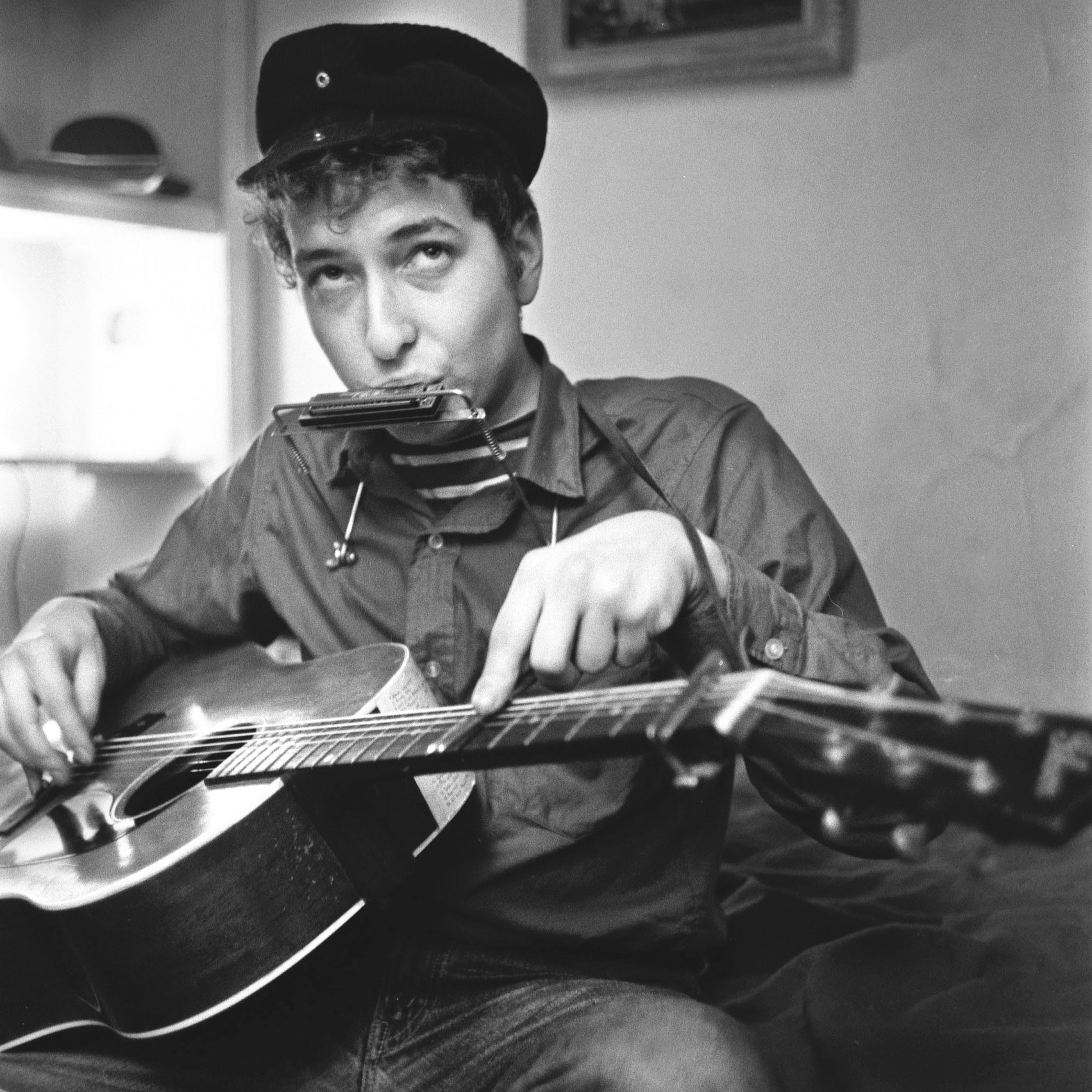
Baby, Let Me Follow You Down Bob Dylan
Come Monday – Jimmy Buffett
Jimmy Buffett’s song “Come Monday” was banned in the U.K. by the BBC for advertising reasons. The song references Hush Puppies shoes, and the BBC felt this was breaking the rules of advertising.
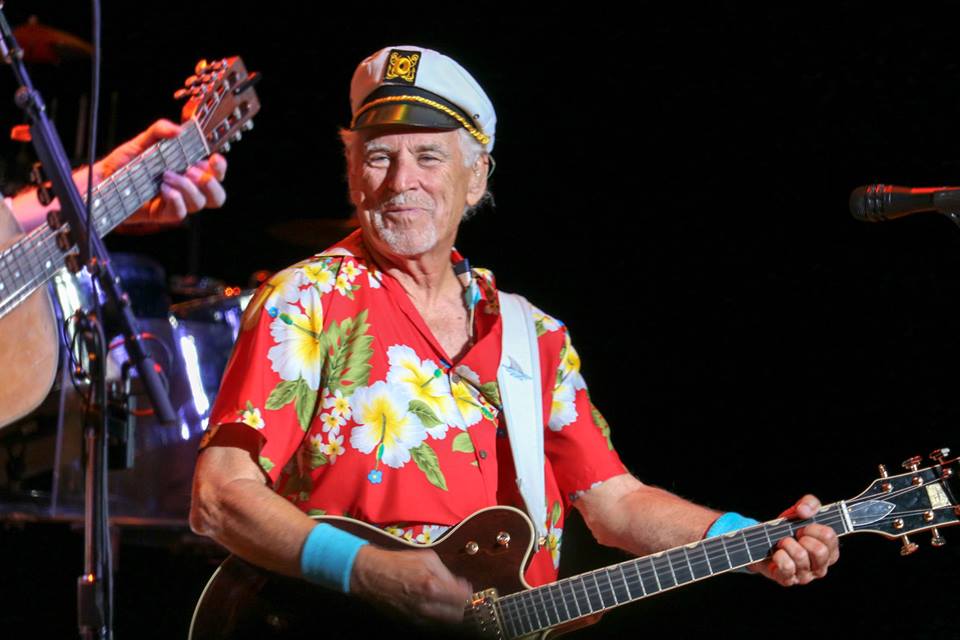
Come Monday Jimmy Buffett
The Heel – Eartha Kitt
Eartha Kitt’s song “The Heel” tells the story of a woman who is considering poisoning her husband. The 1955 song was banned by the BBC, and for once, we can actually understand why. We wonder what this husband did!
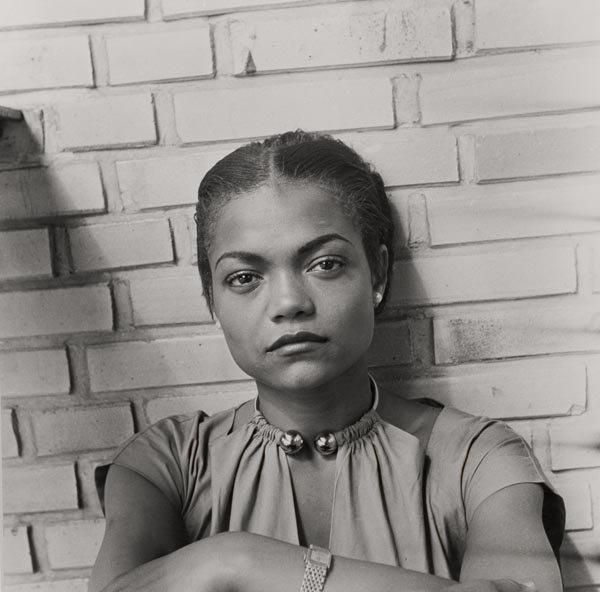
The Heel Eartha Kitt




